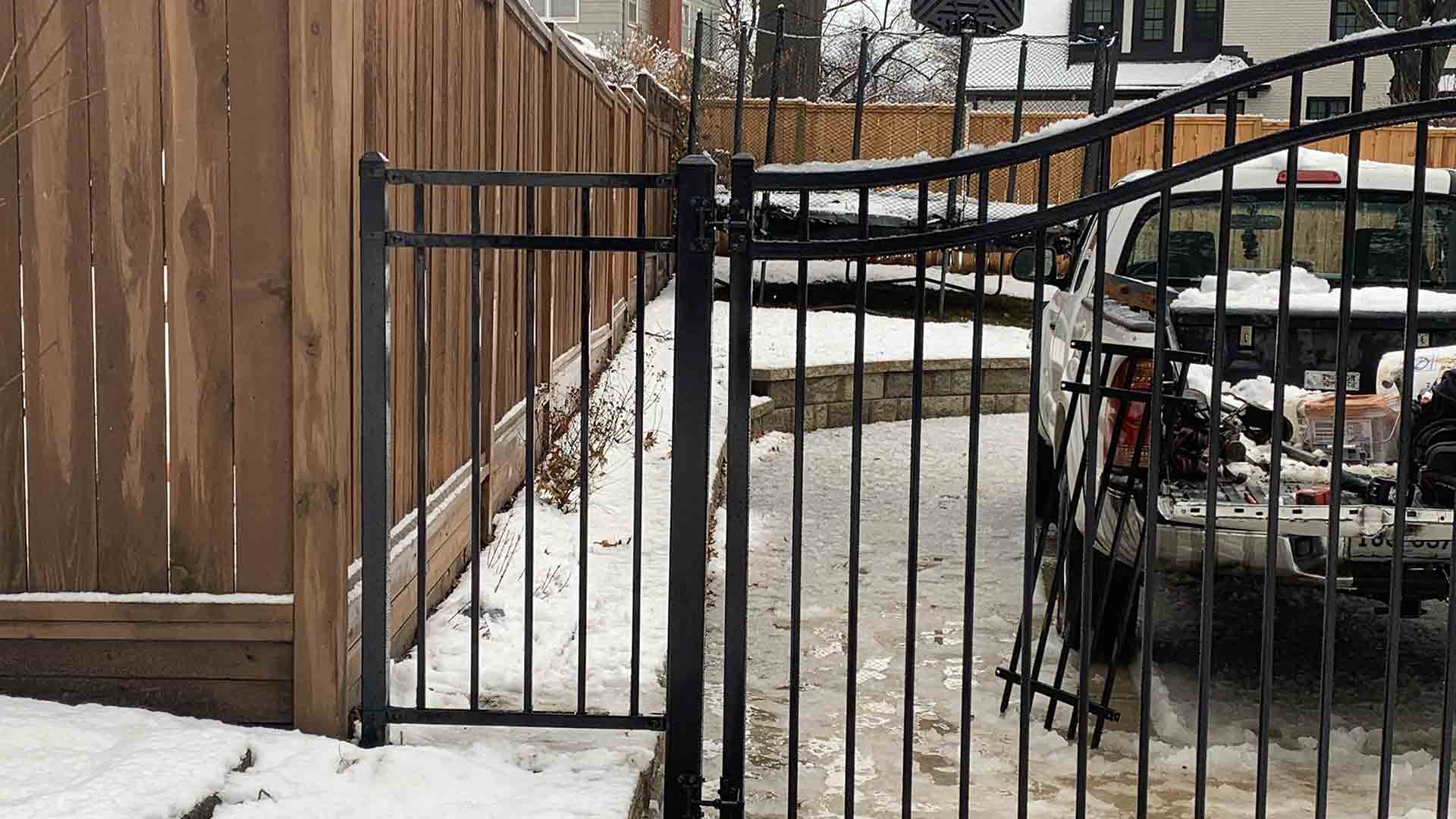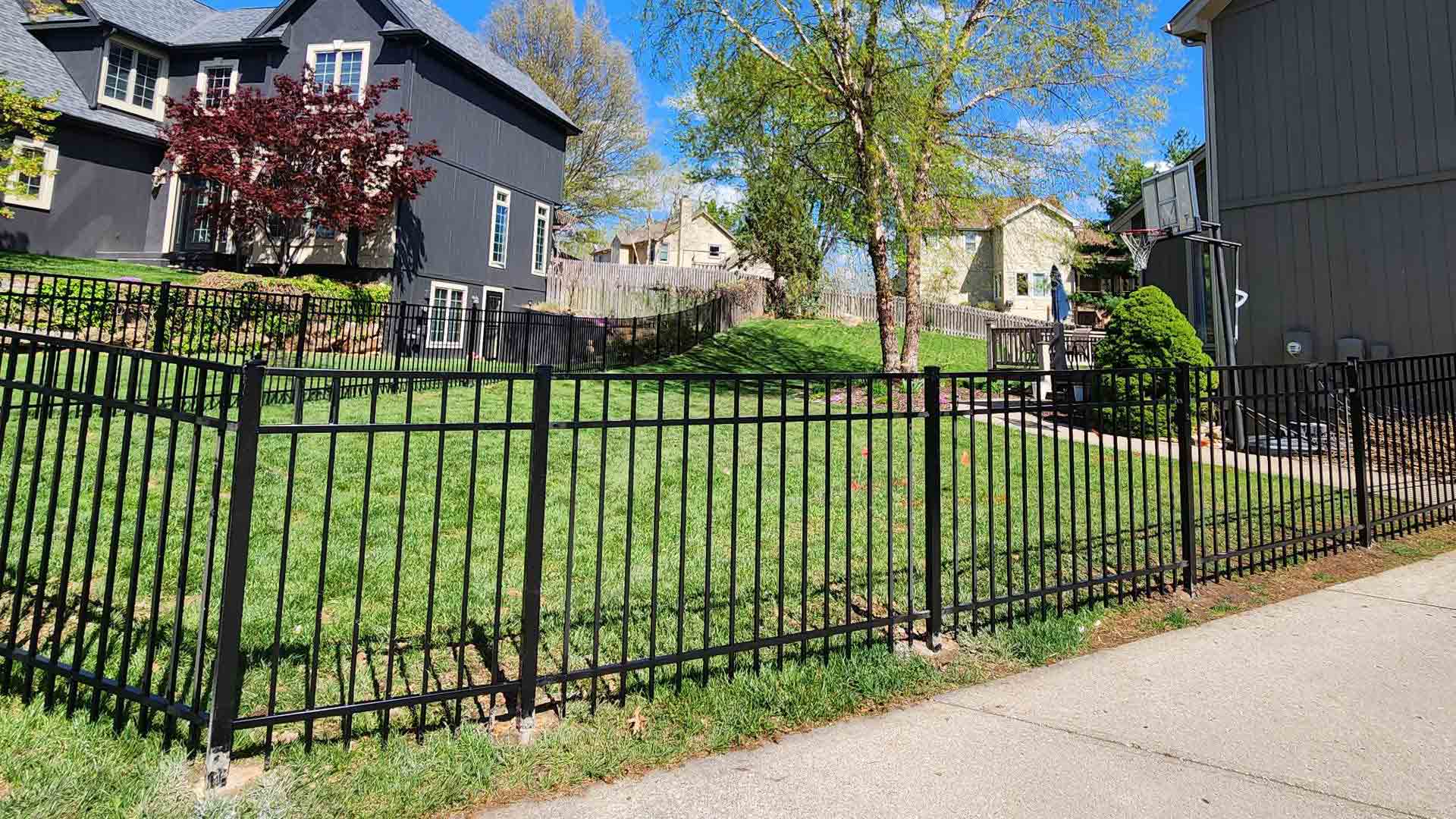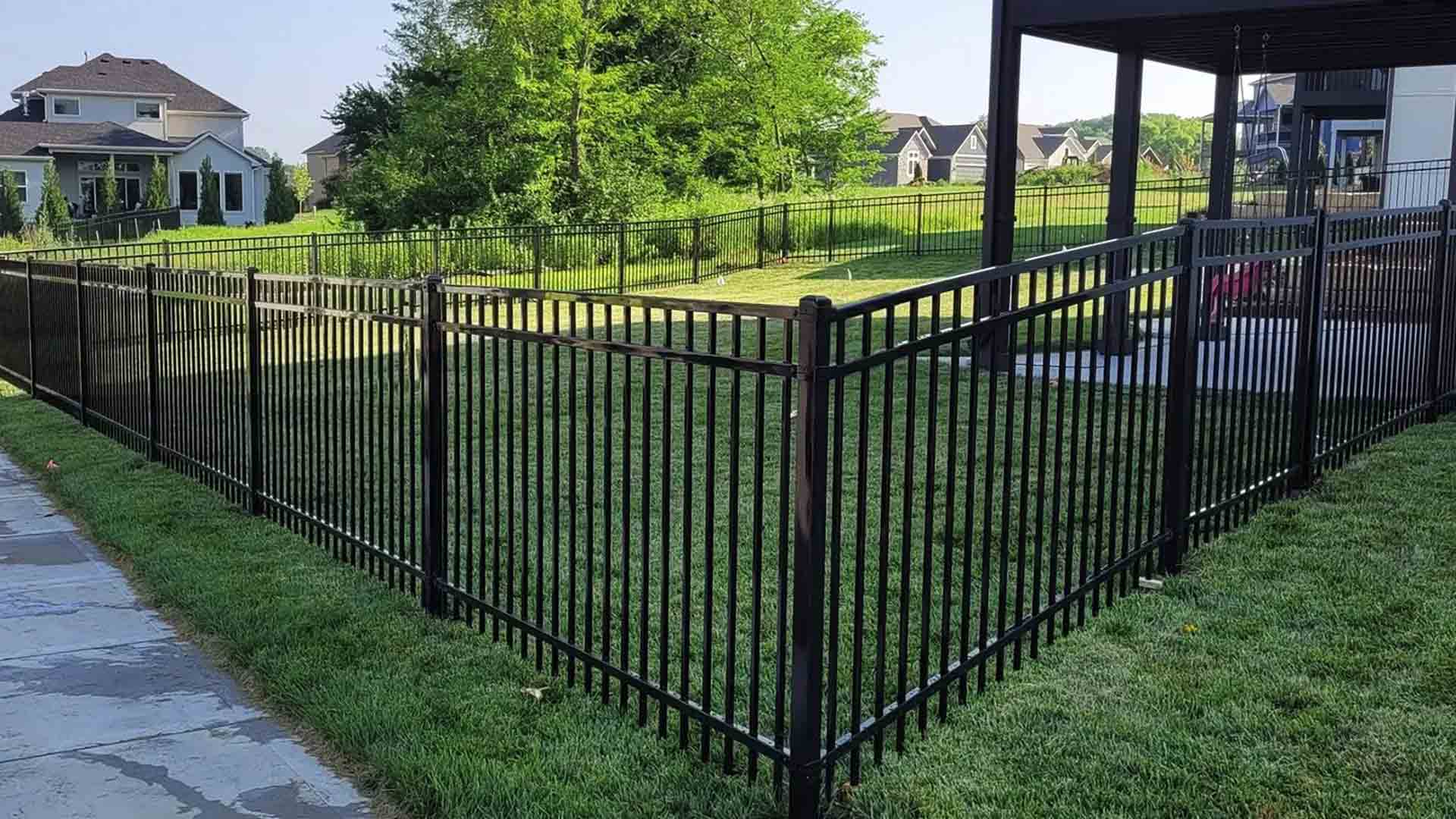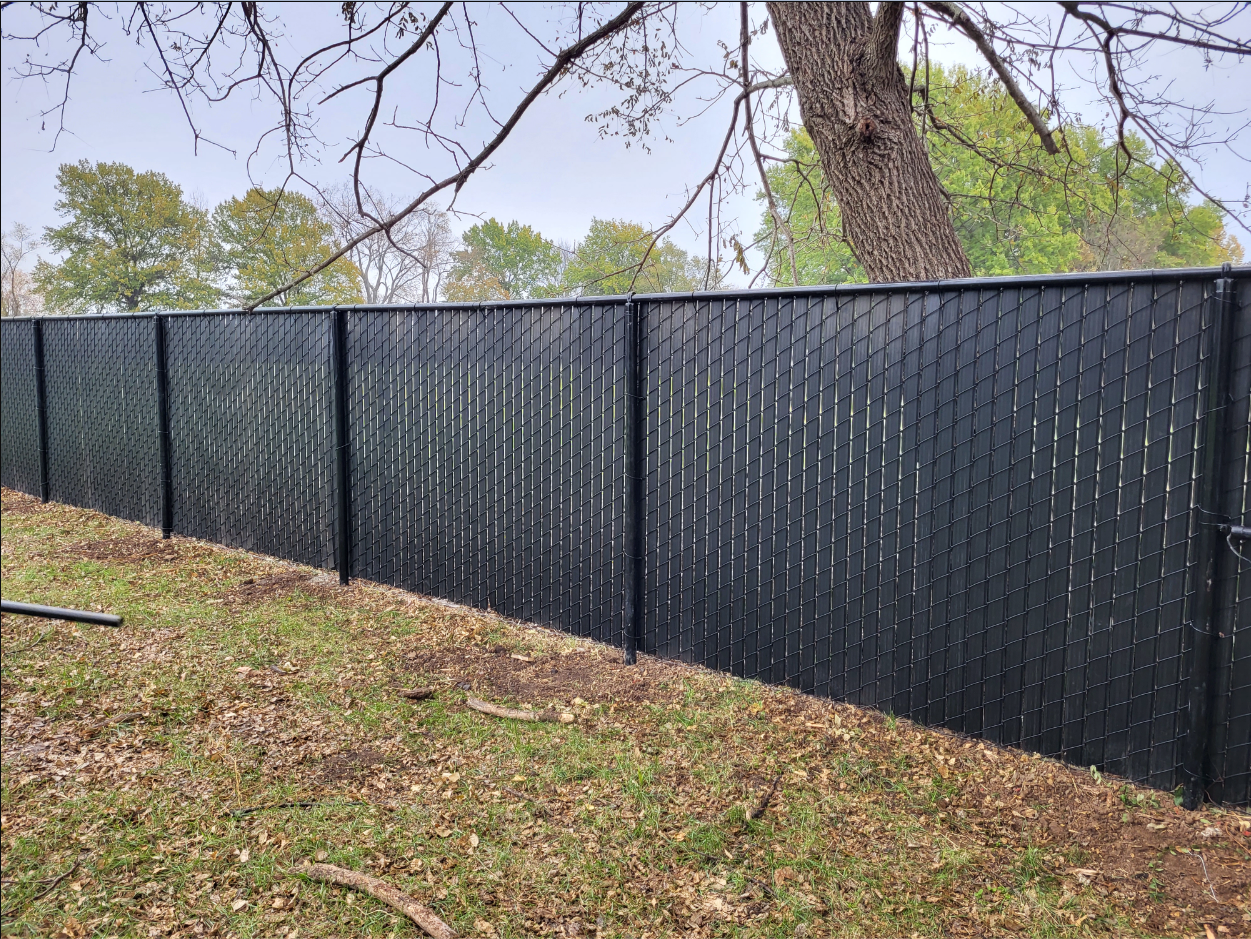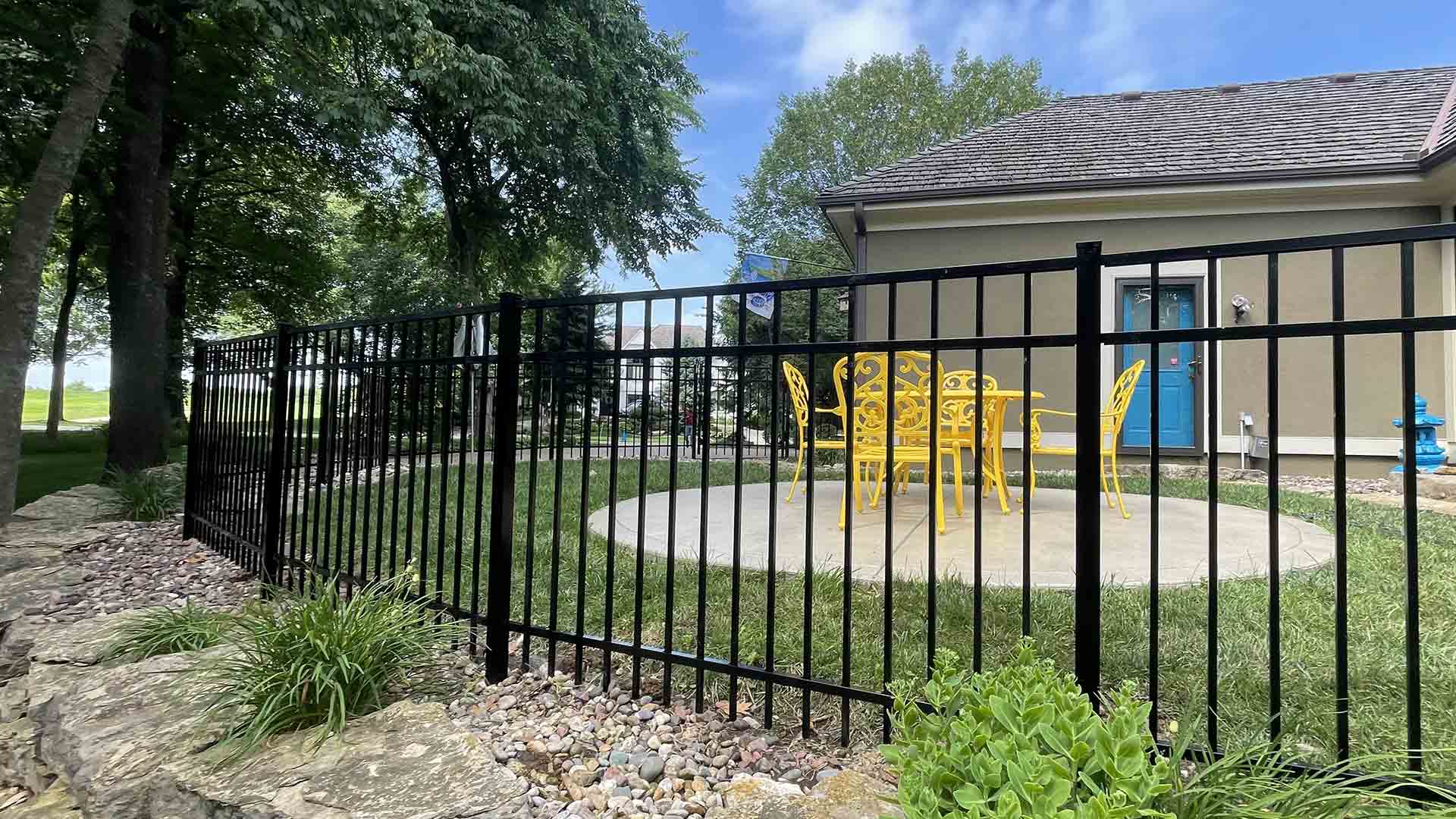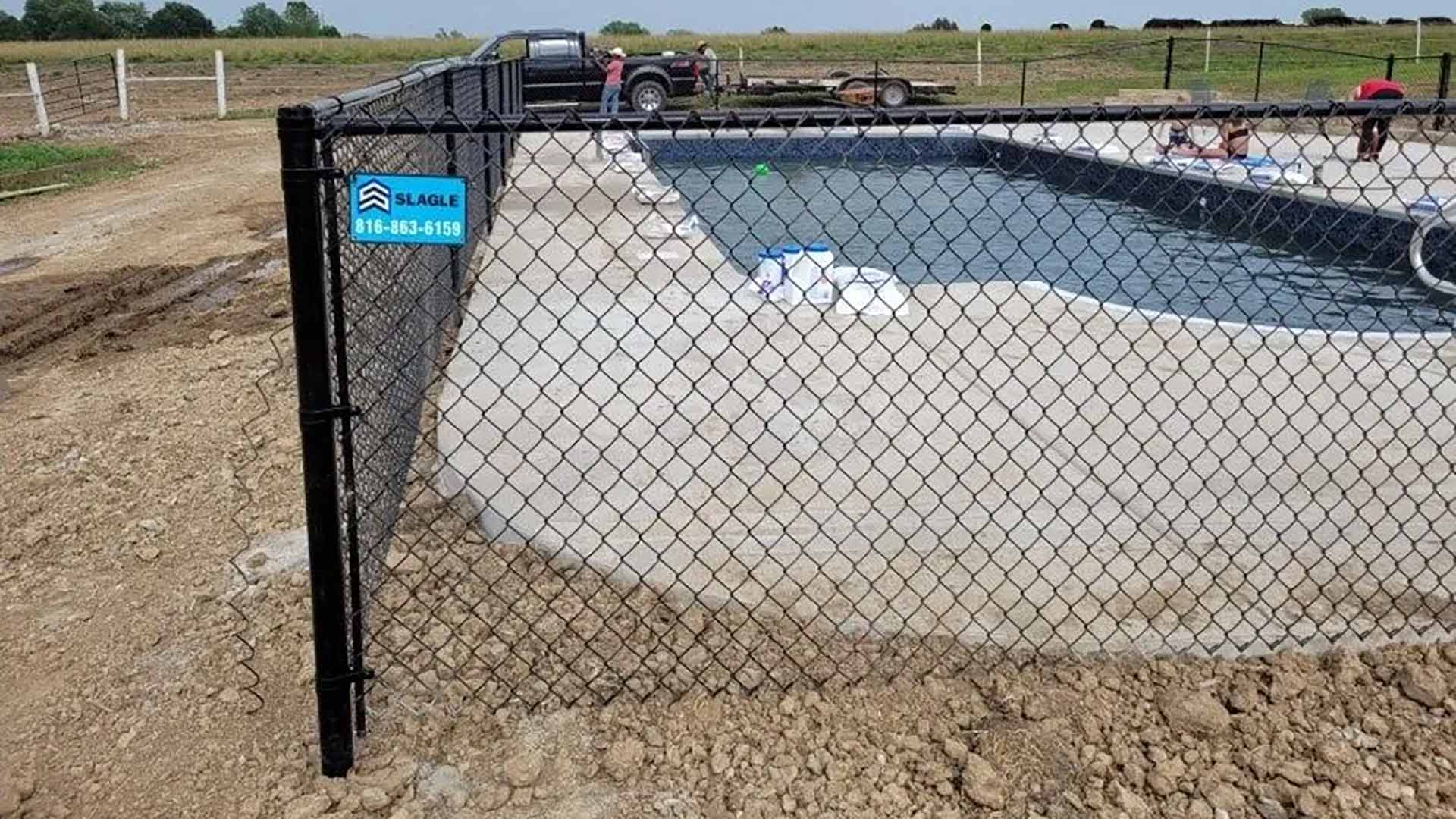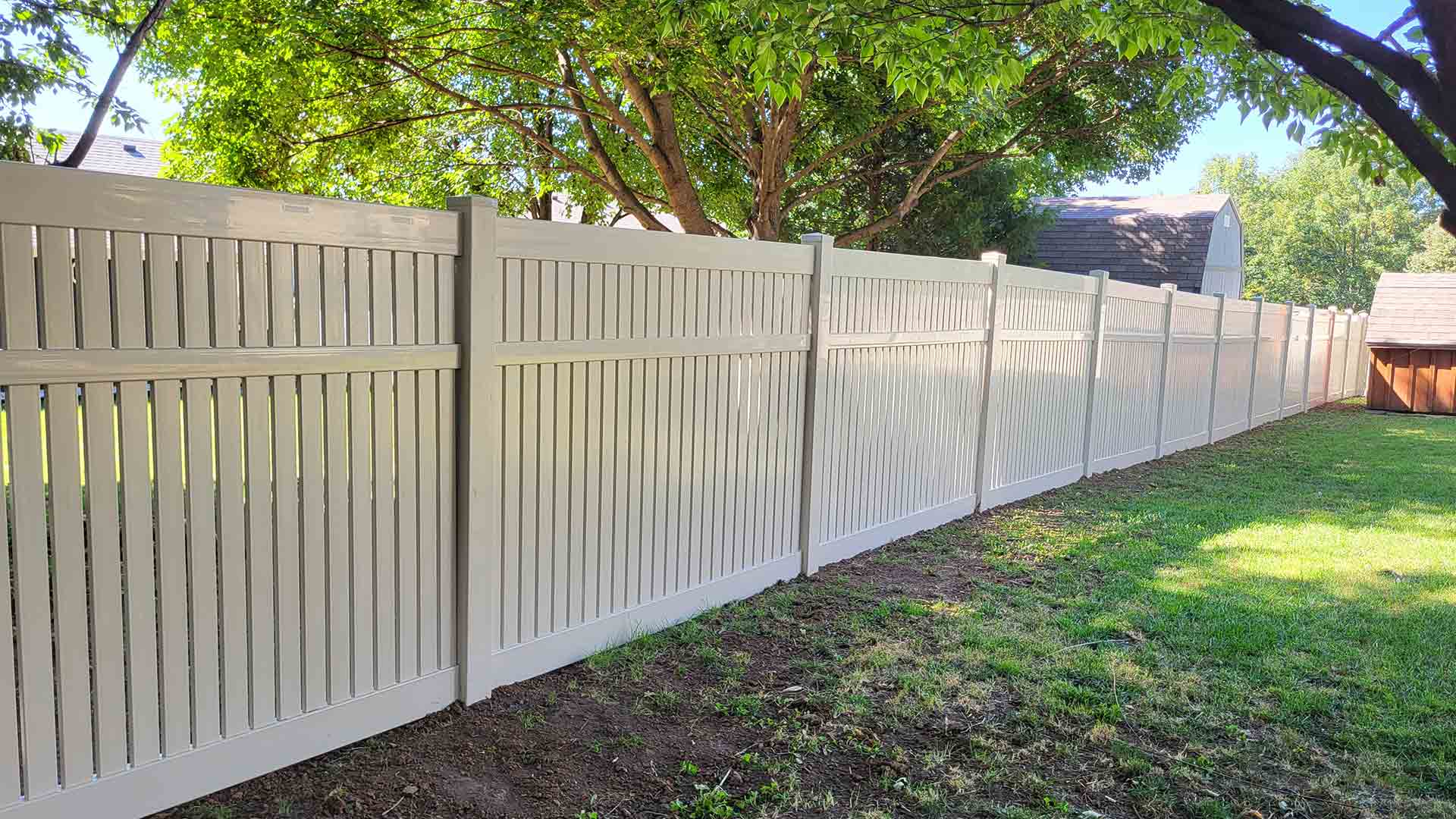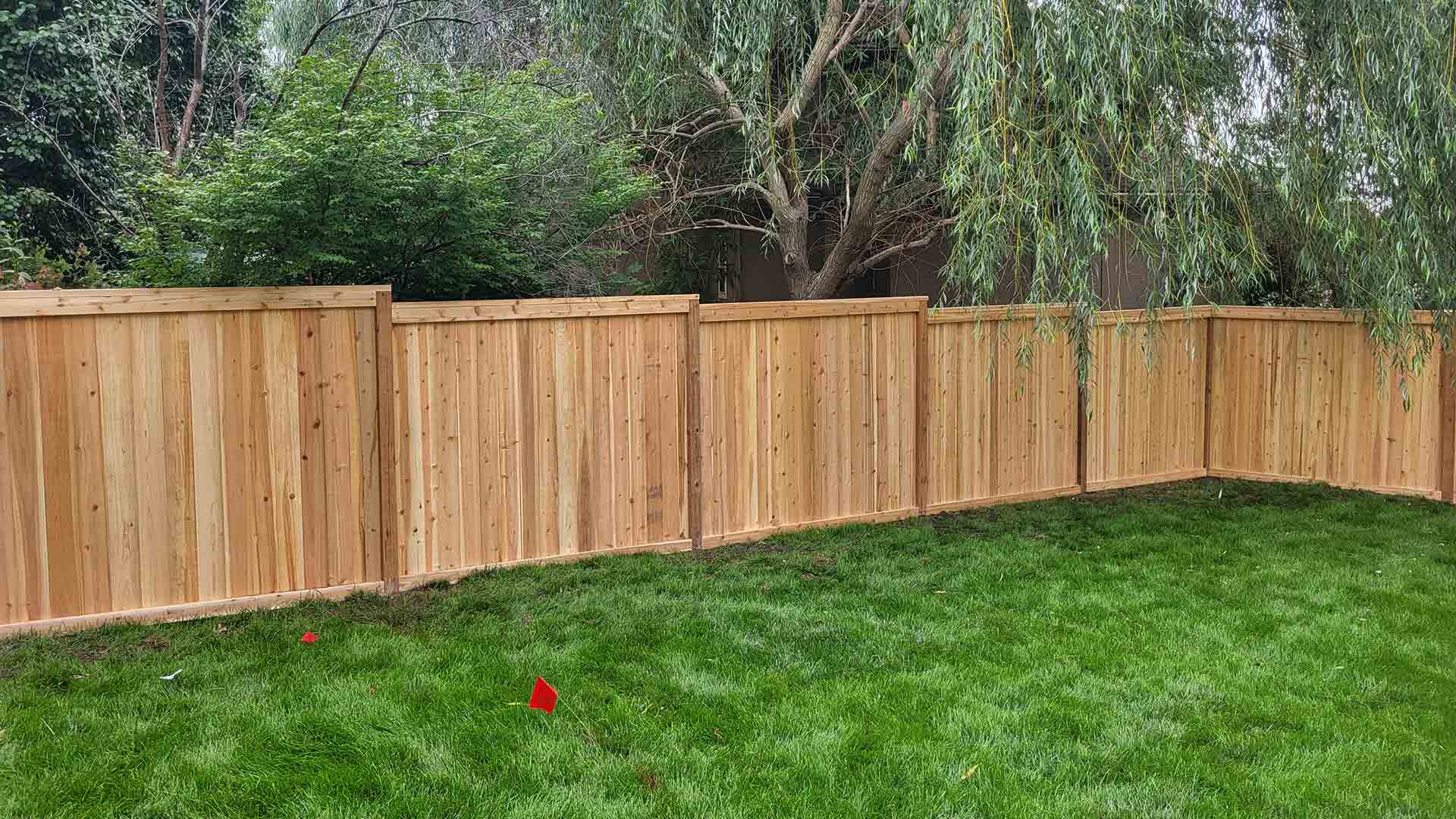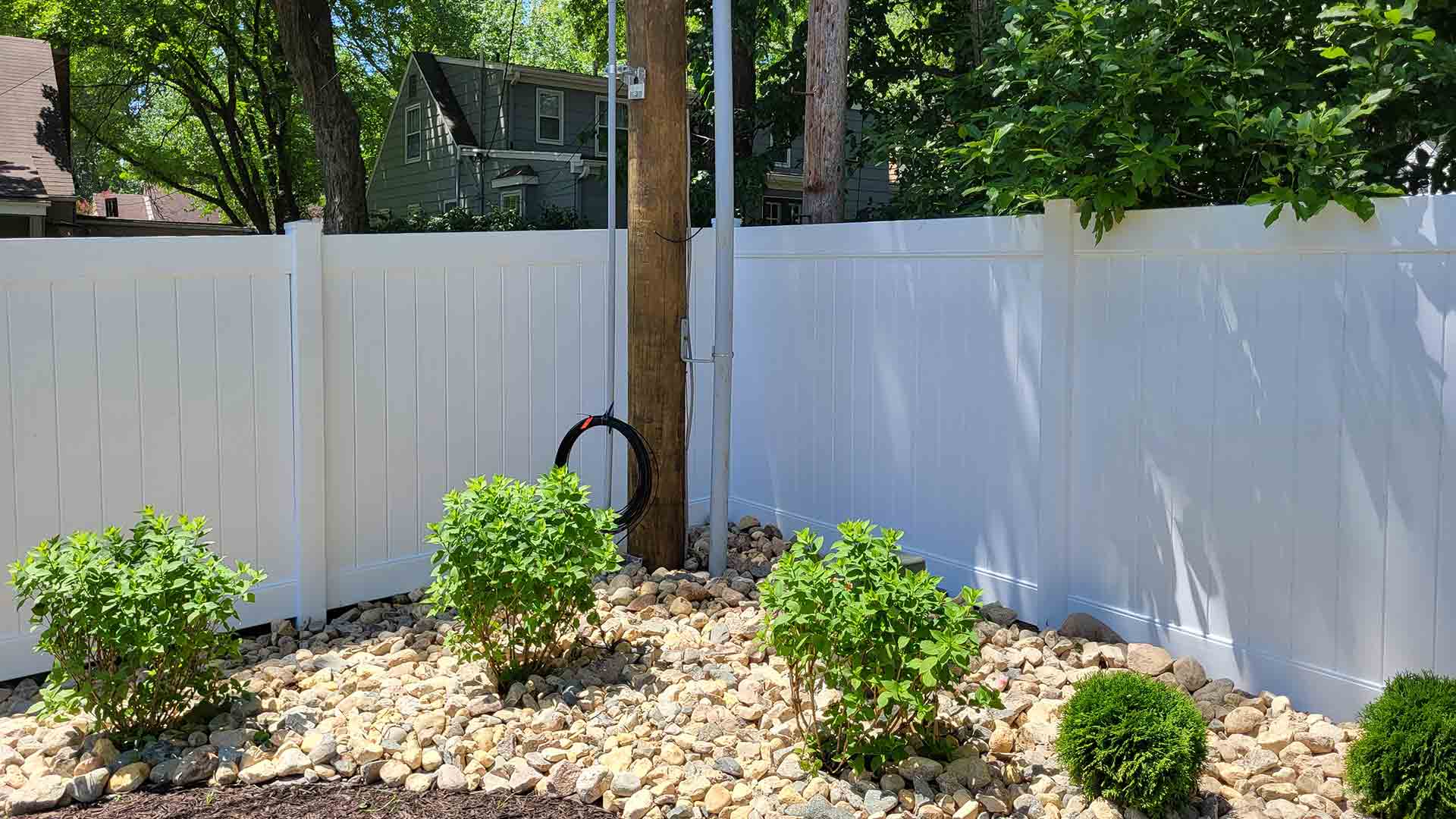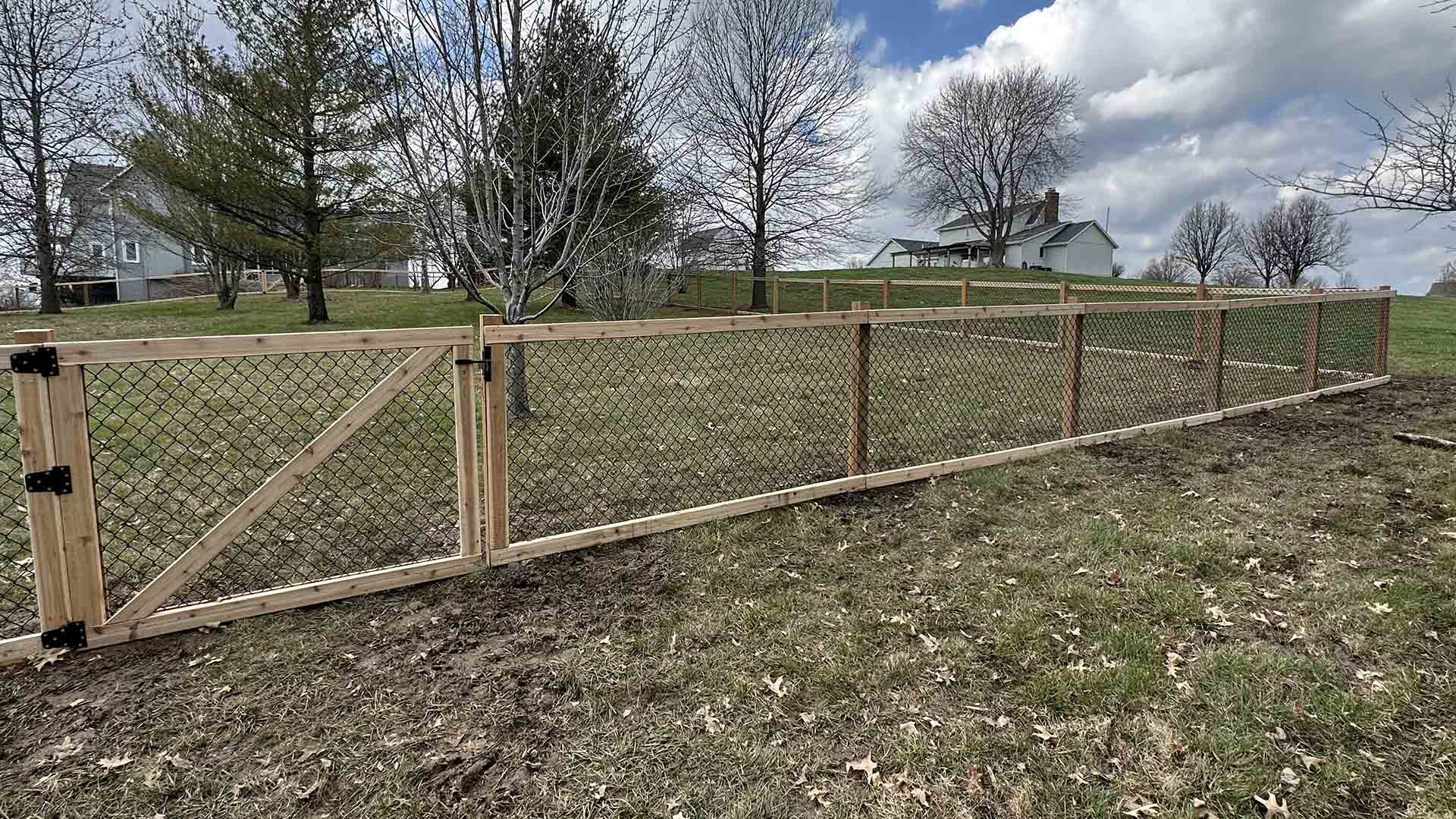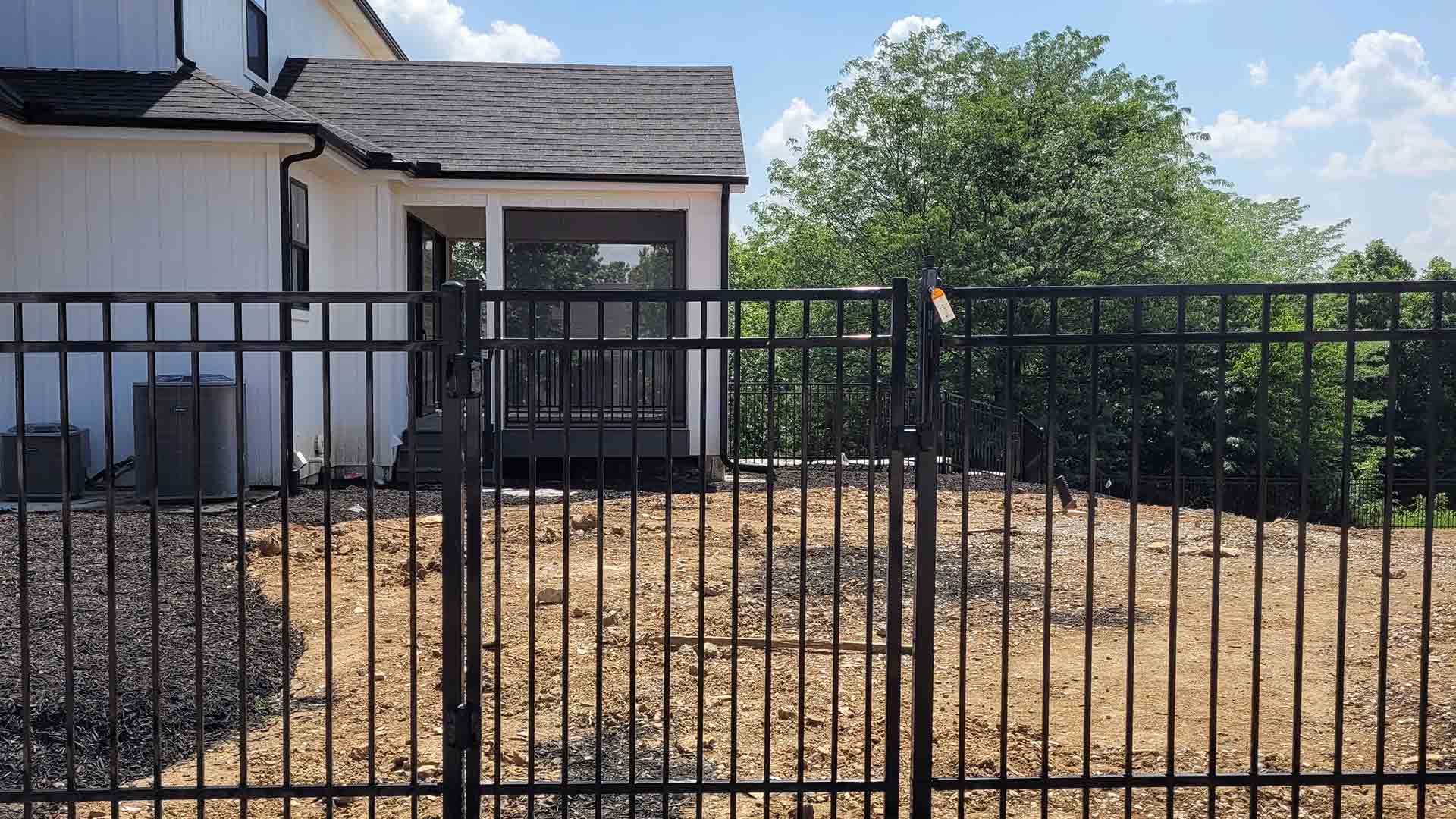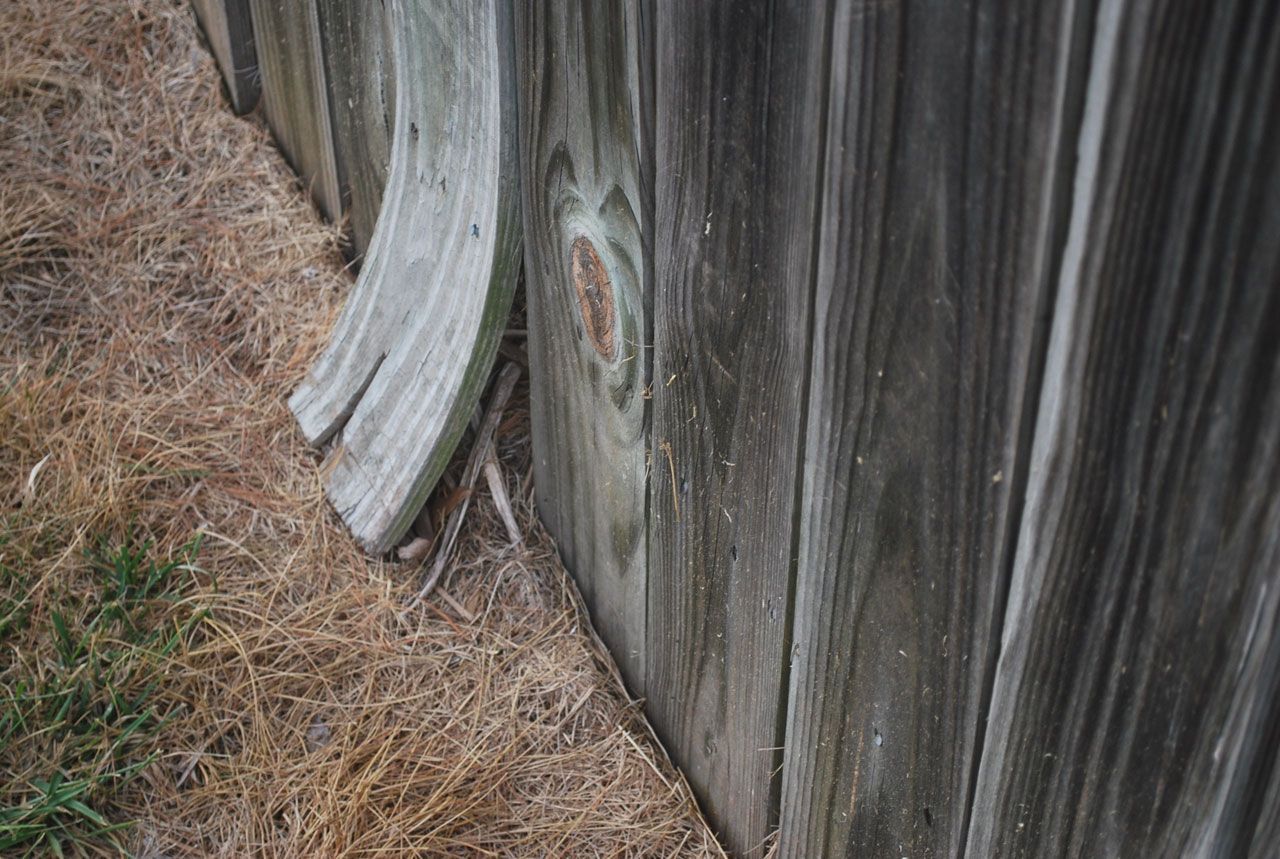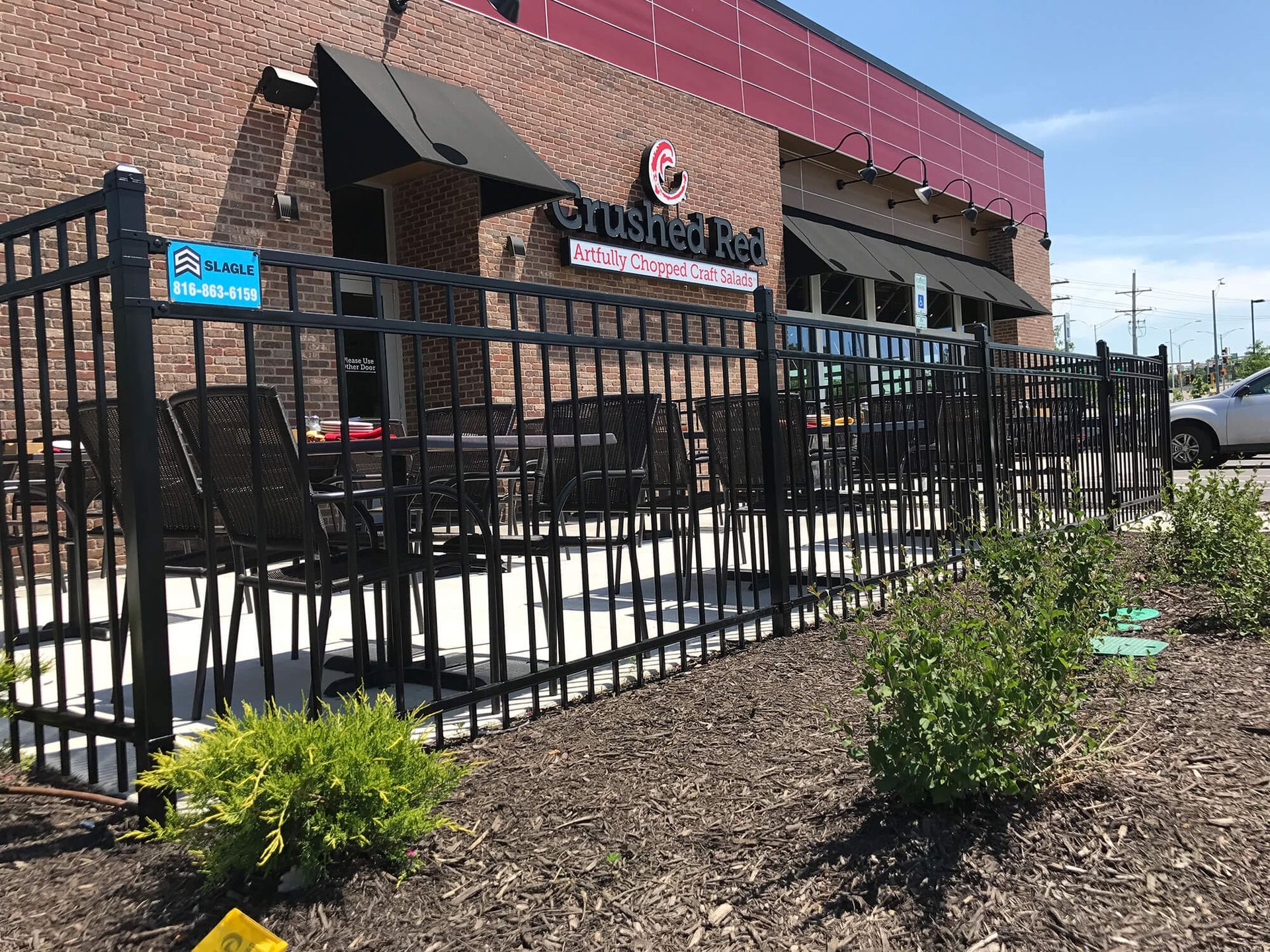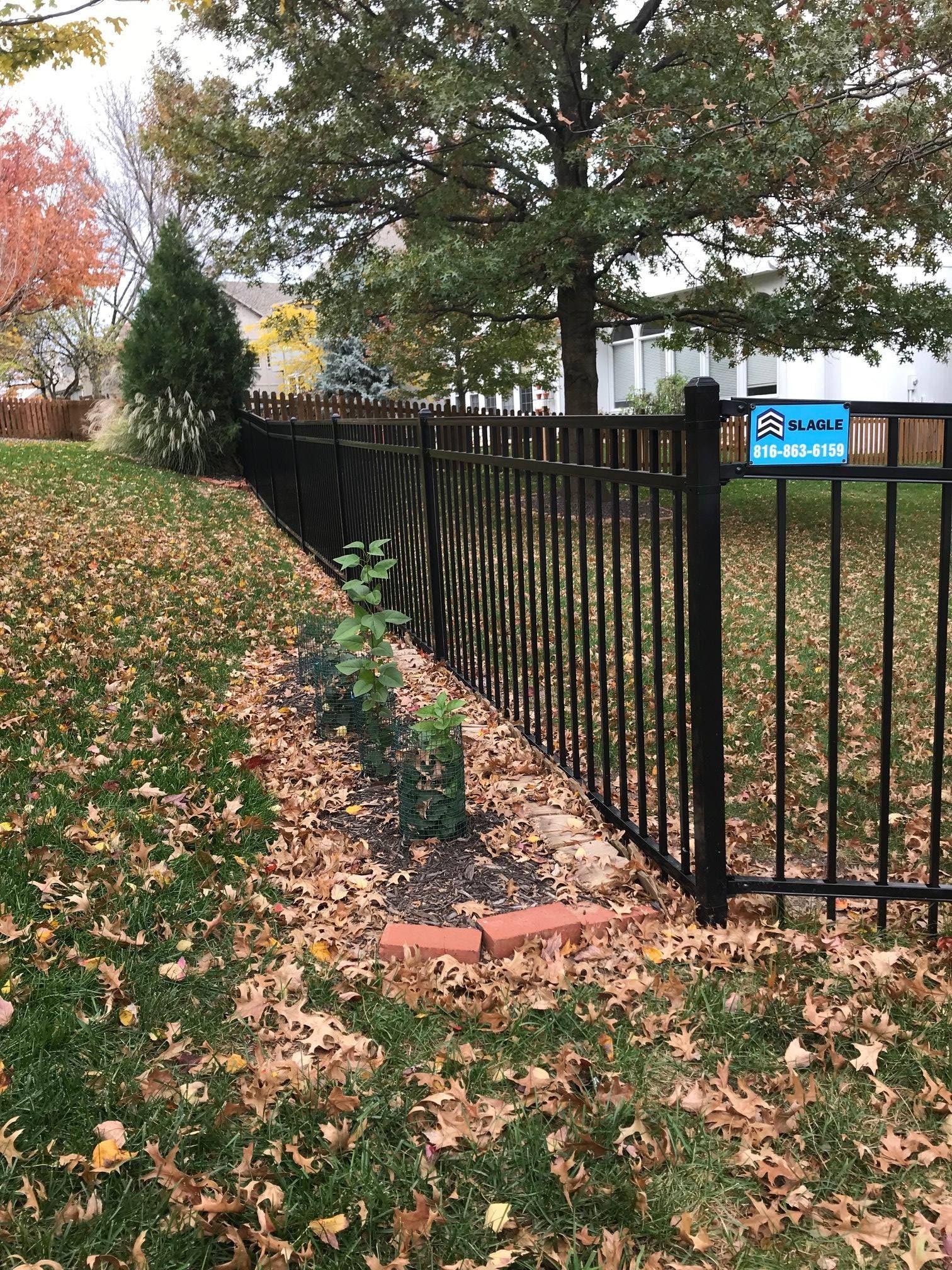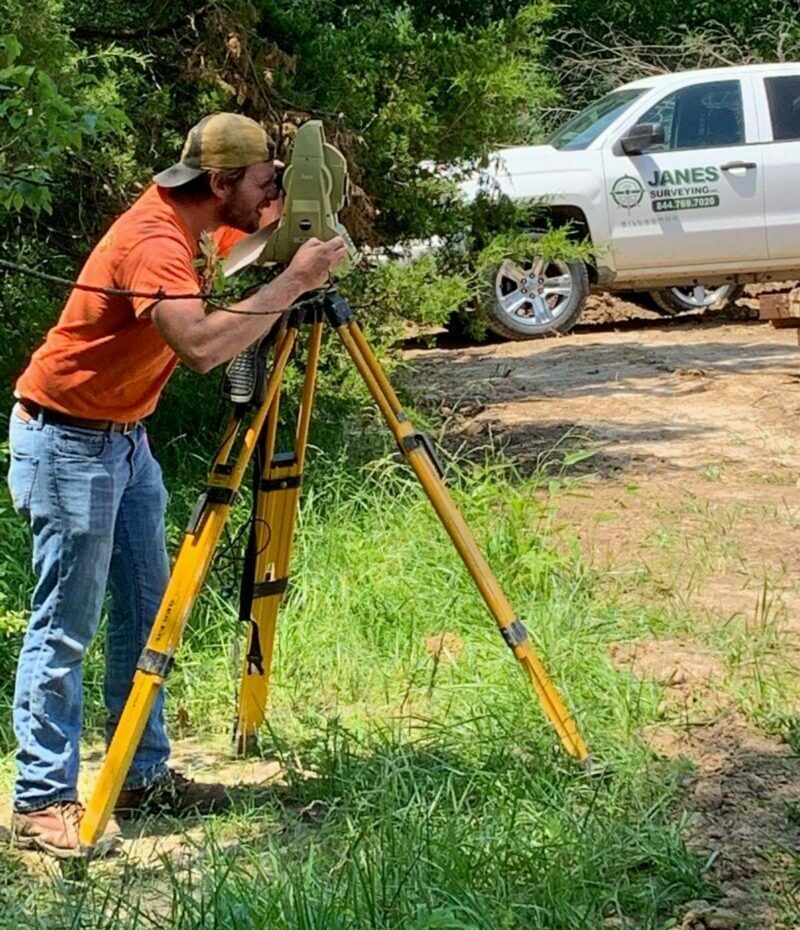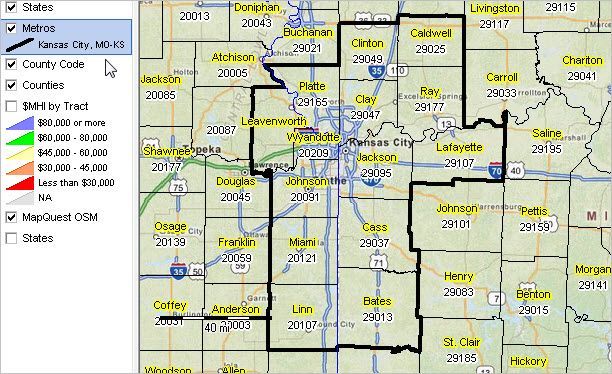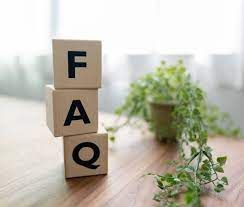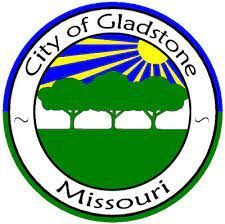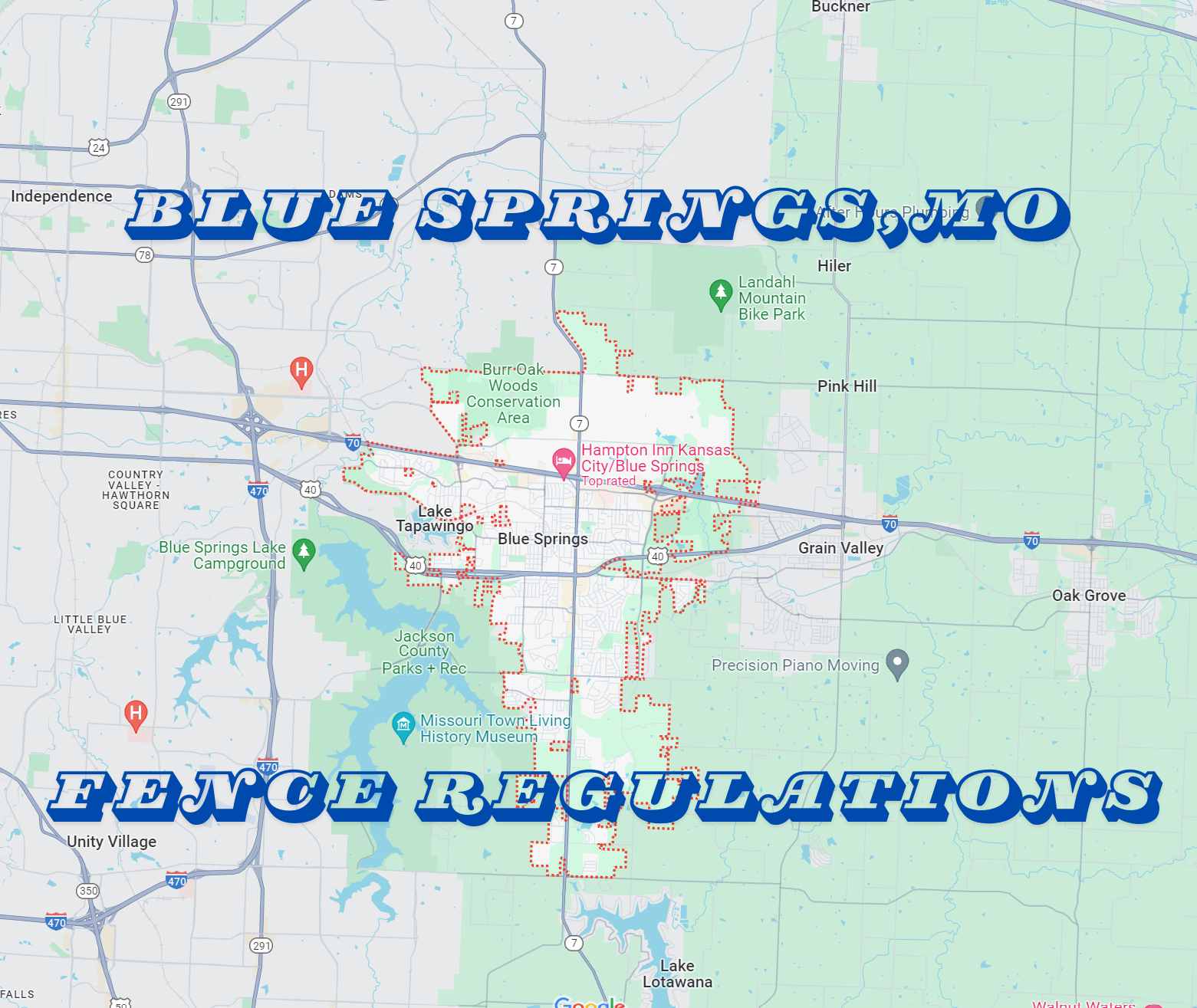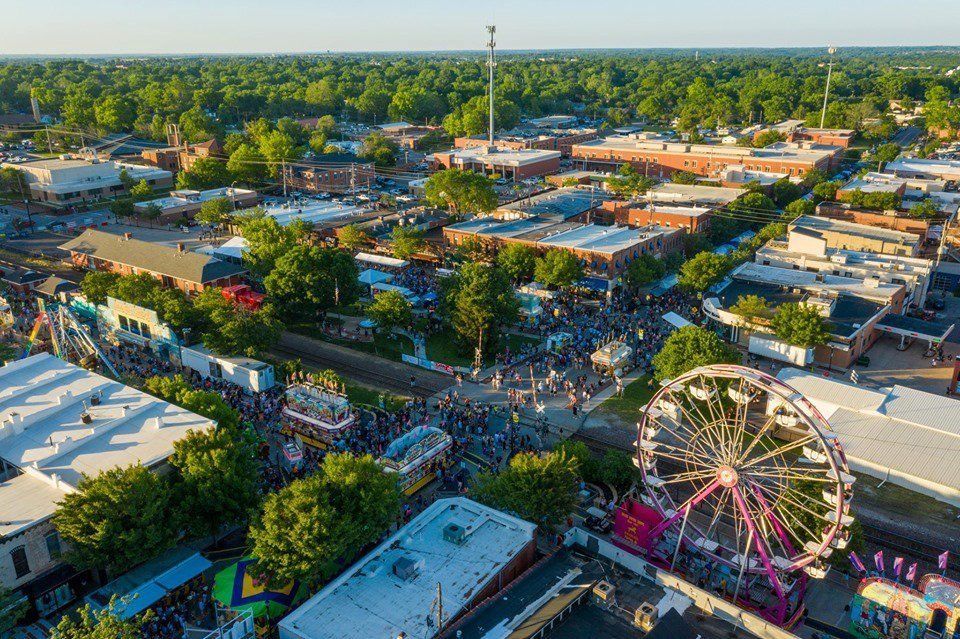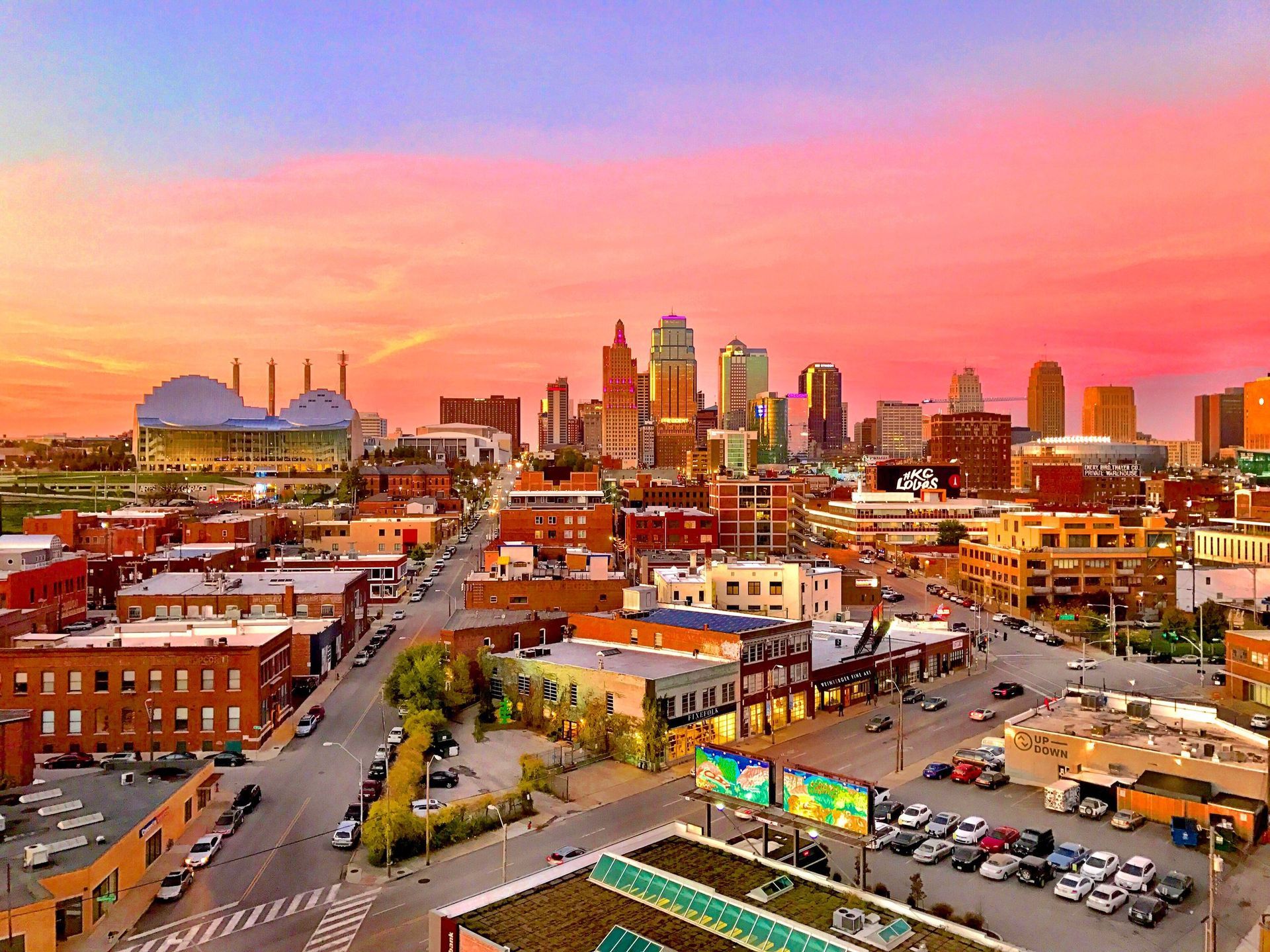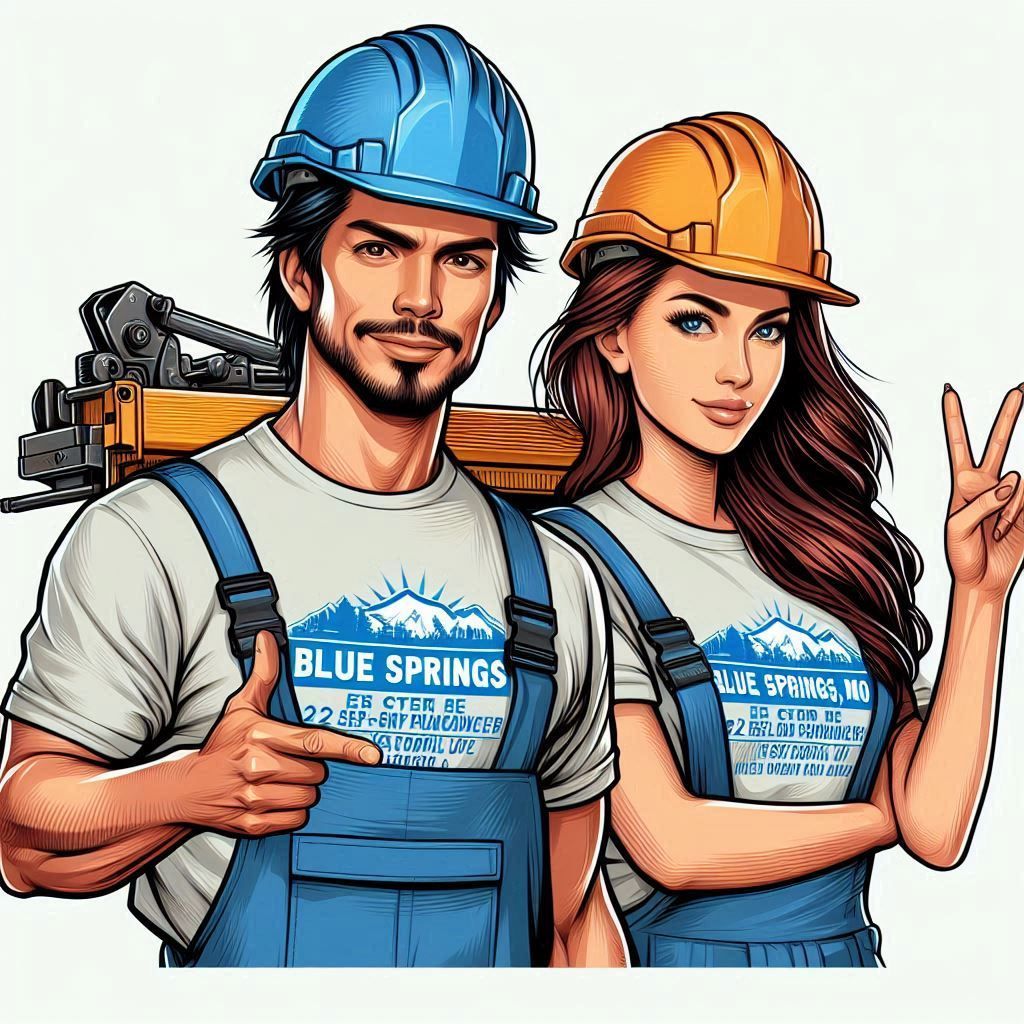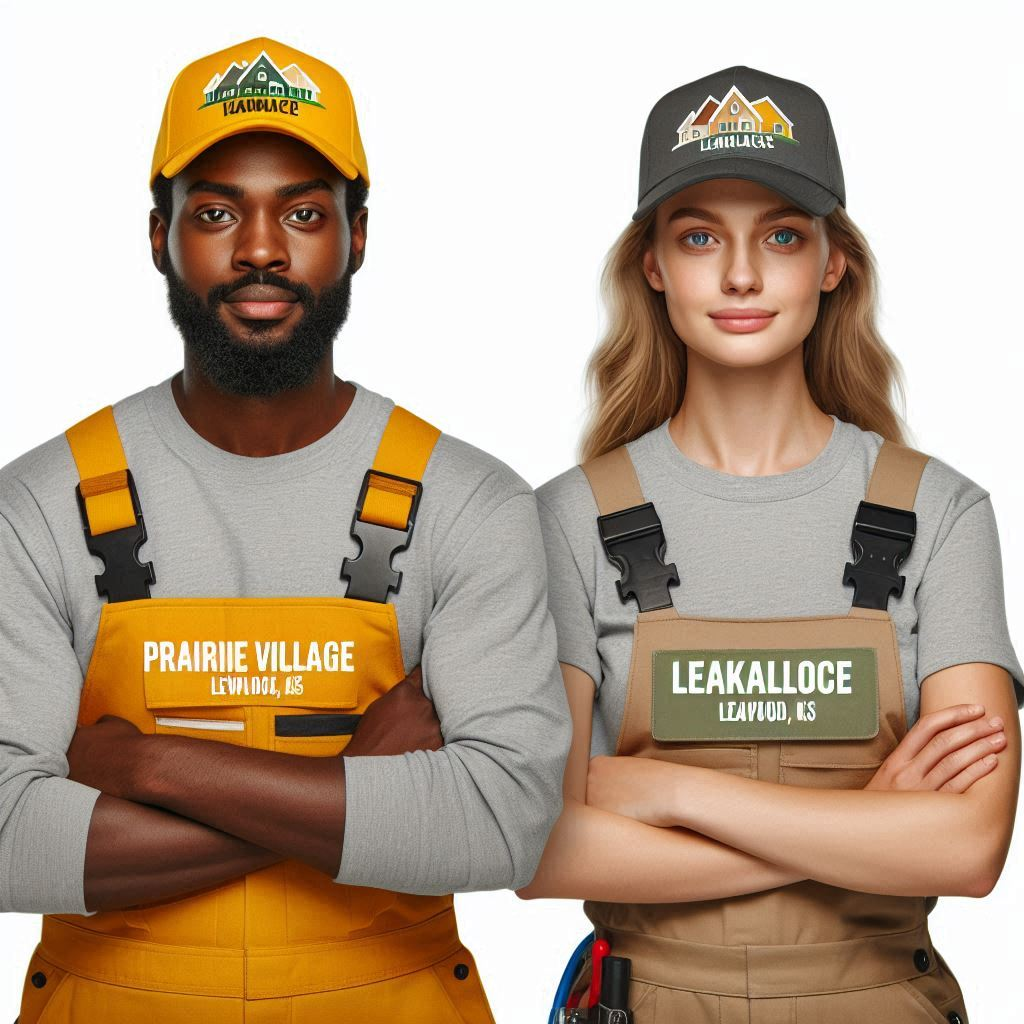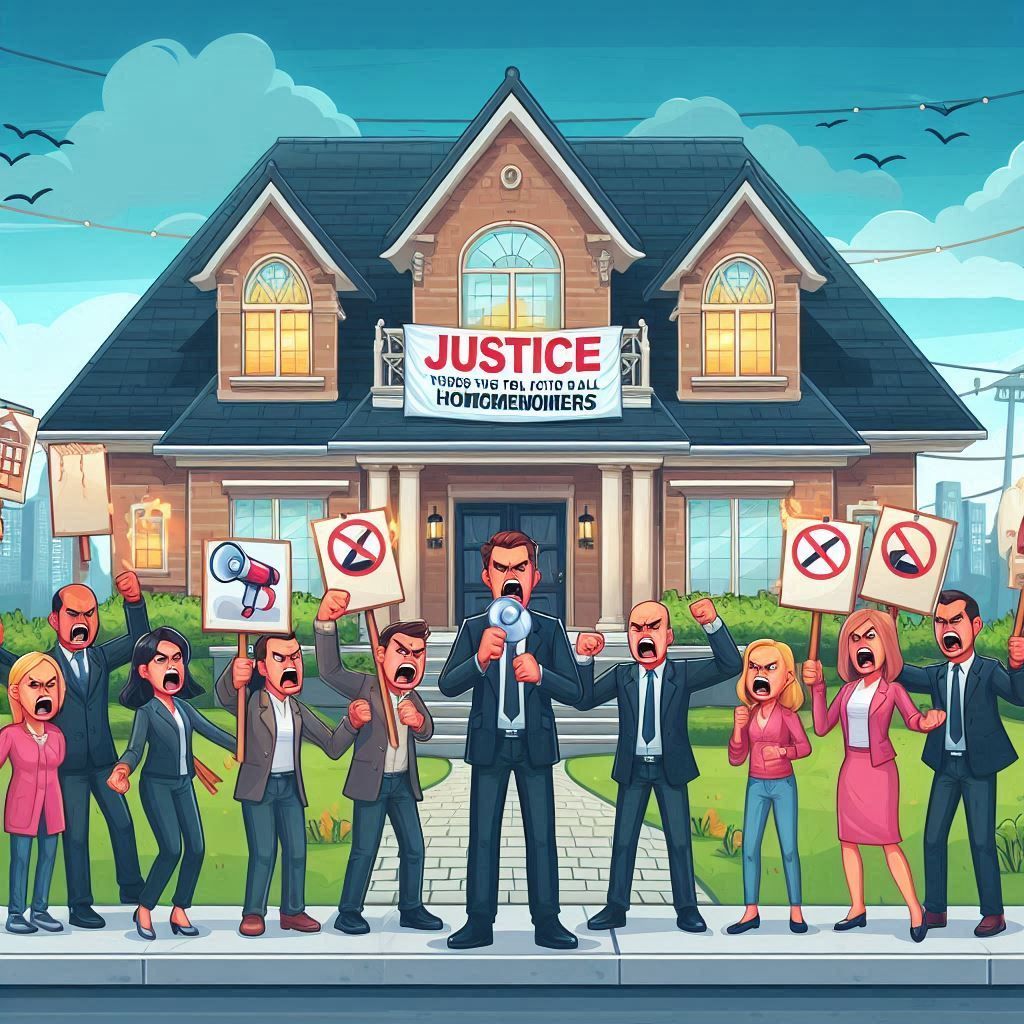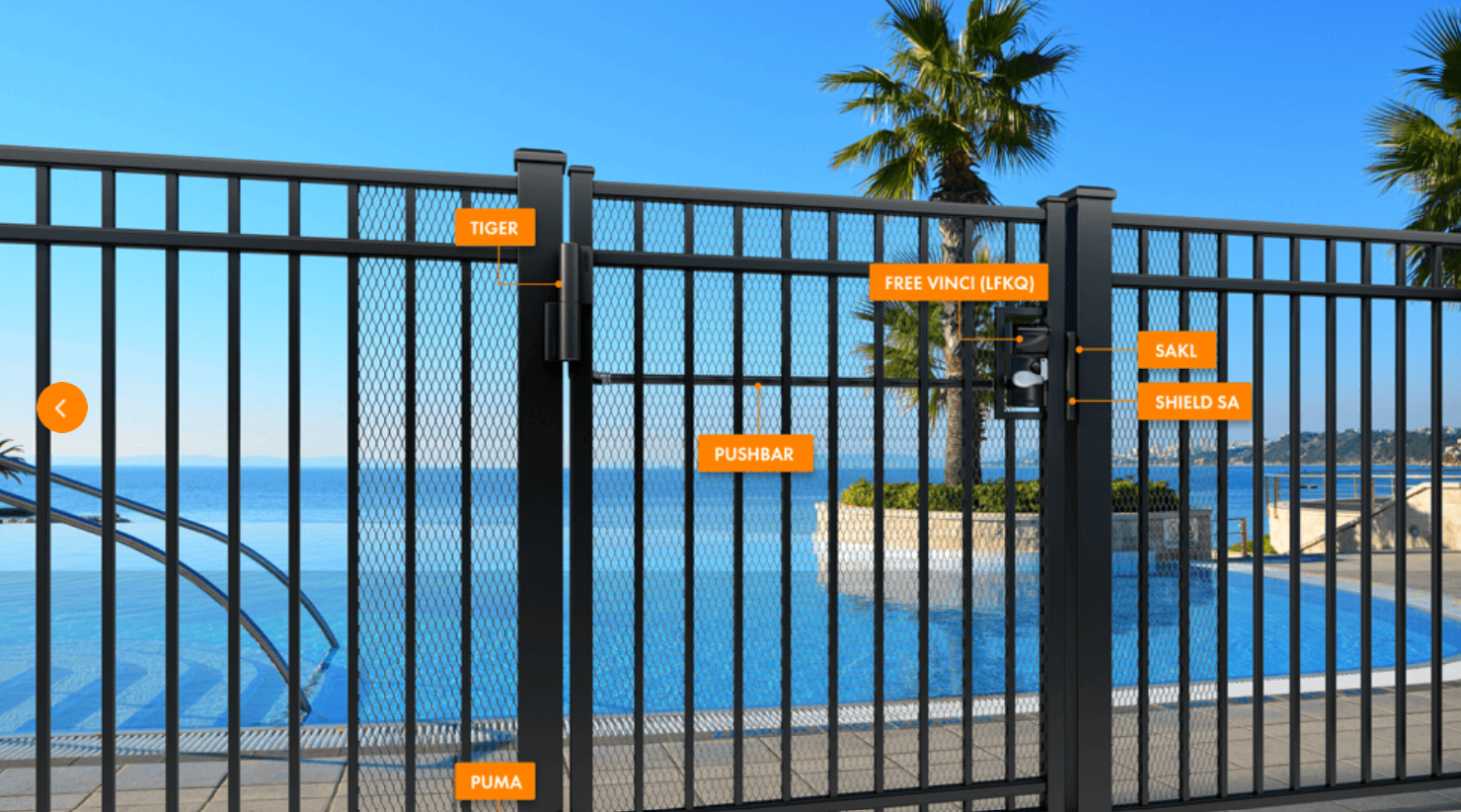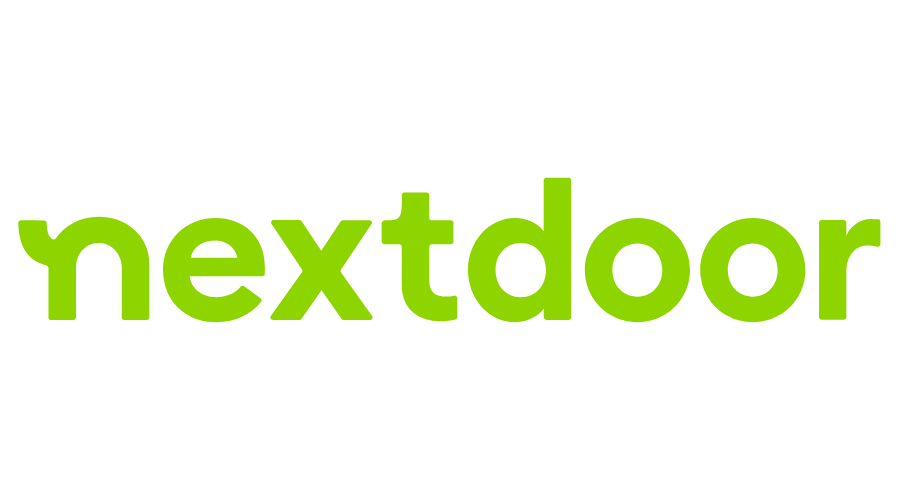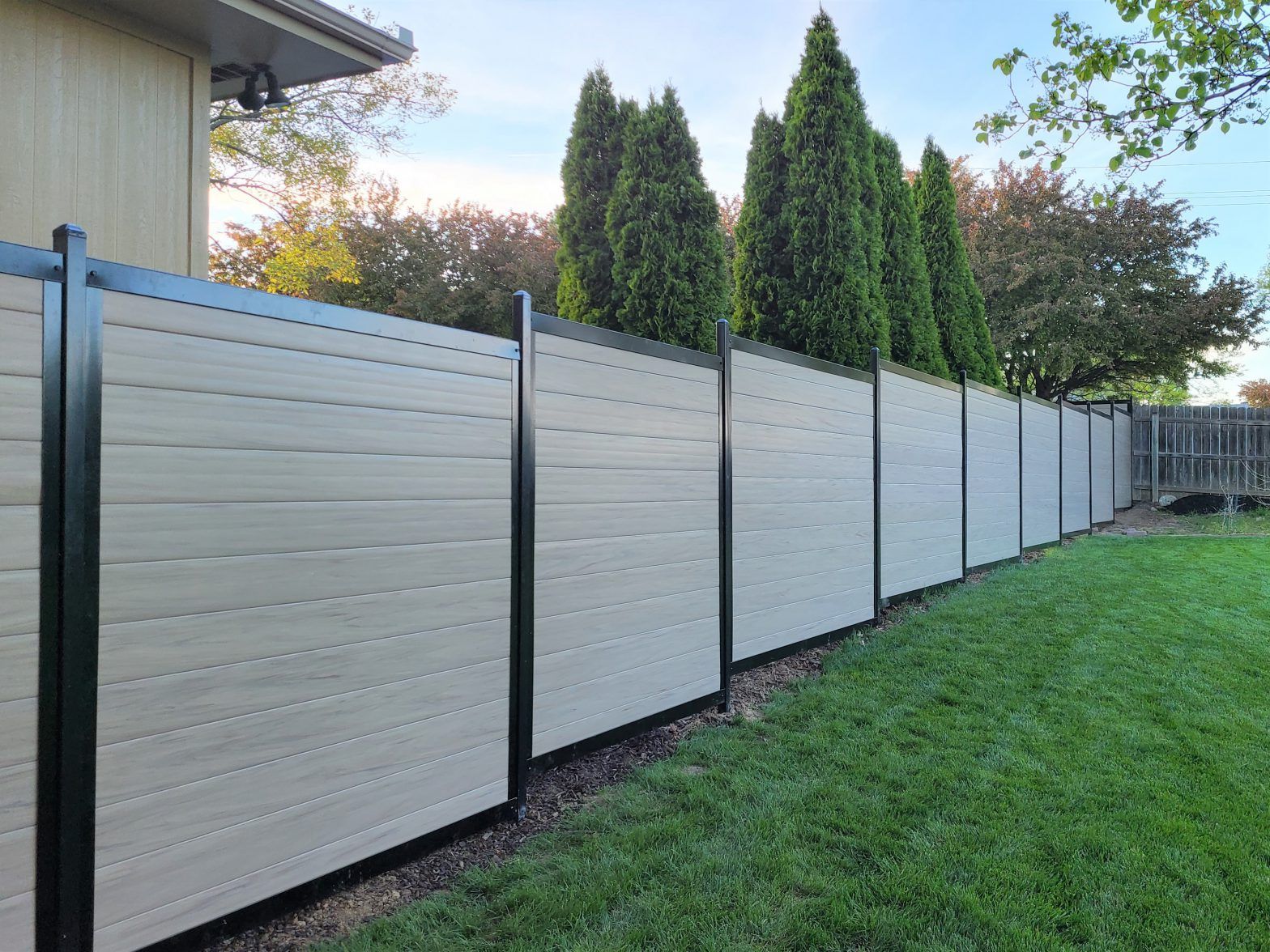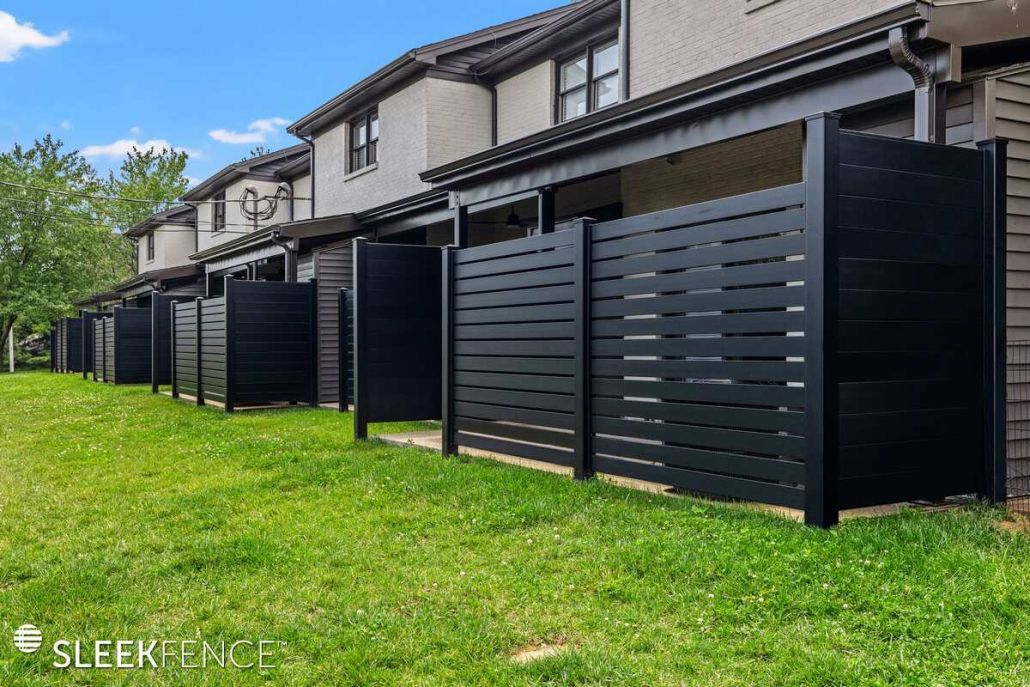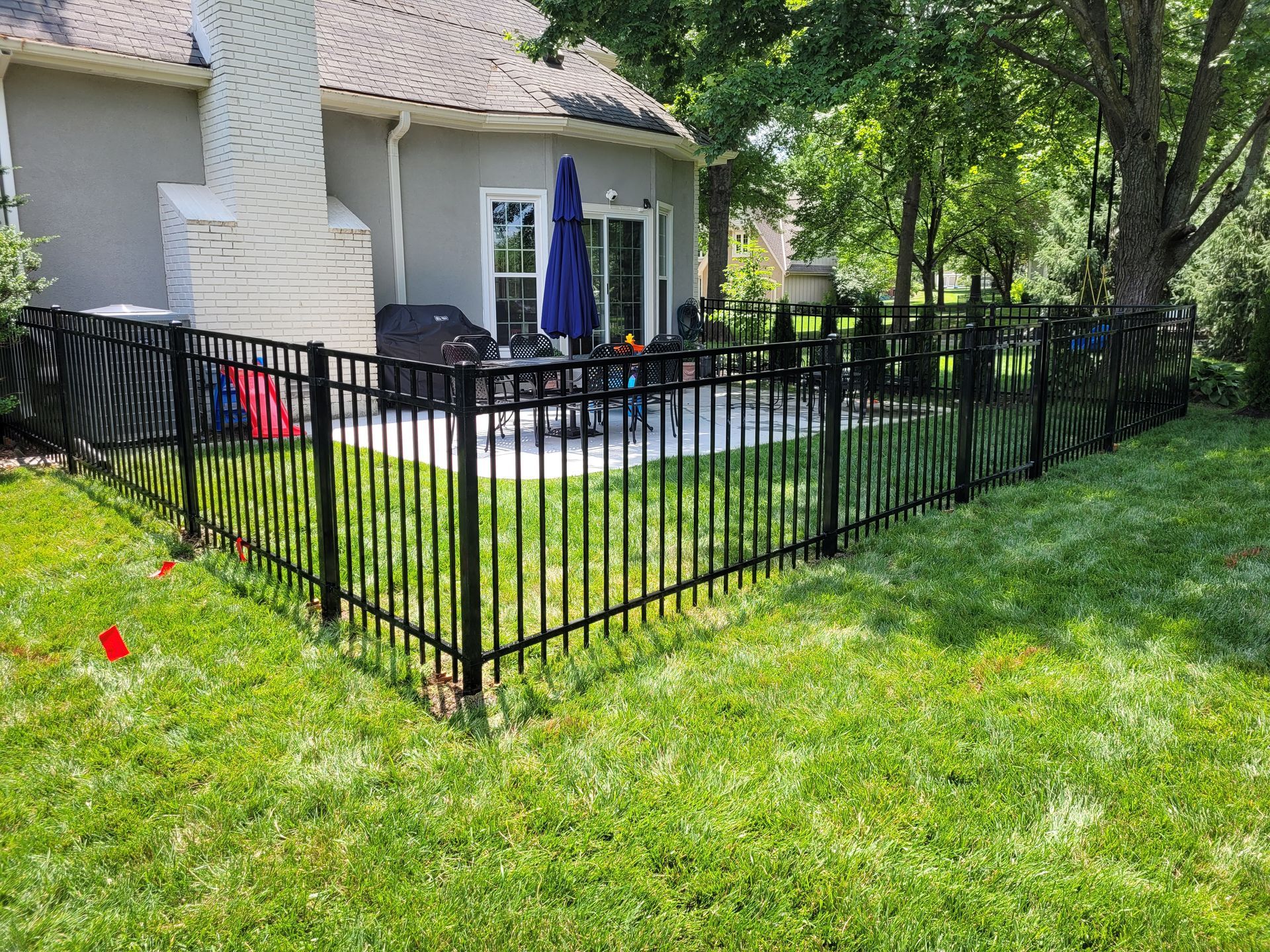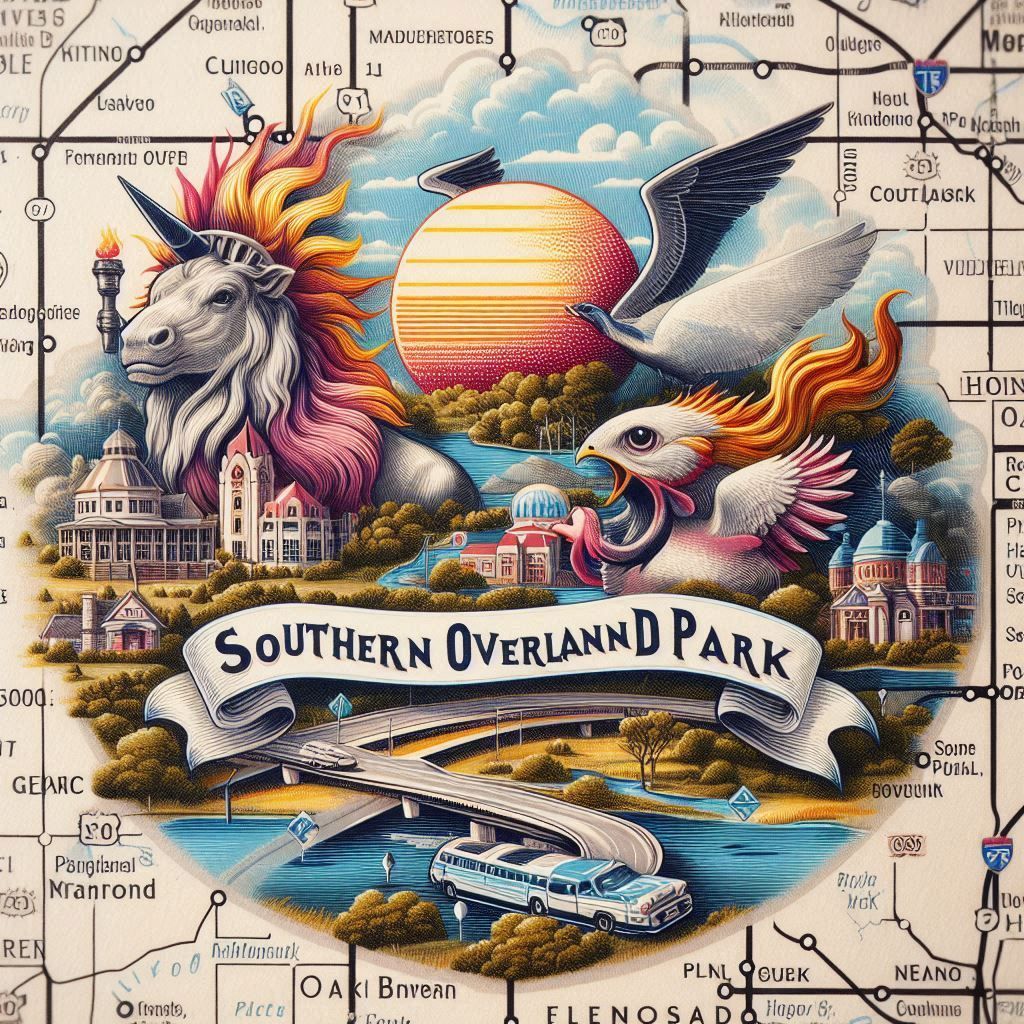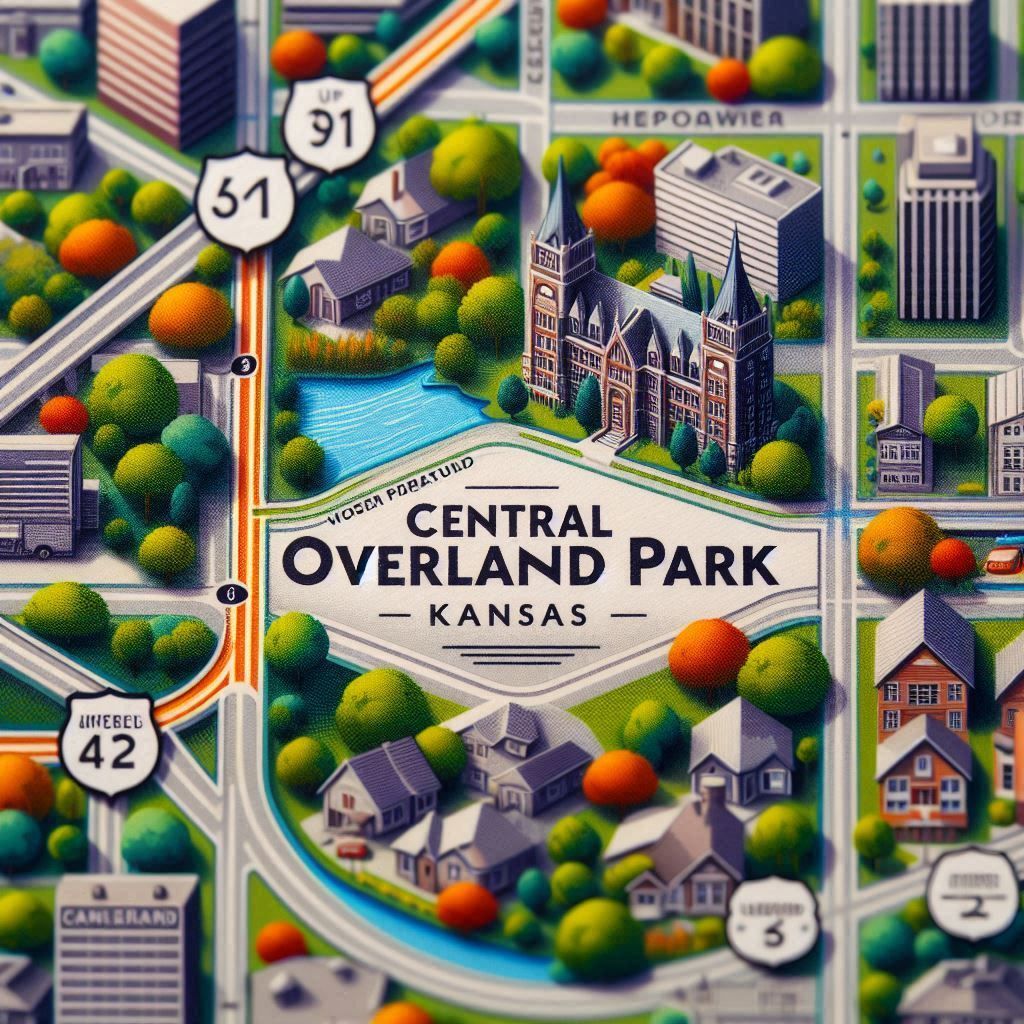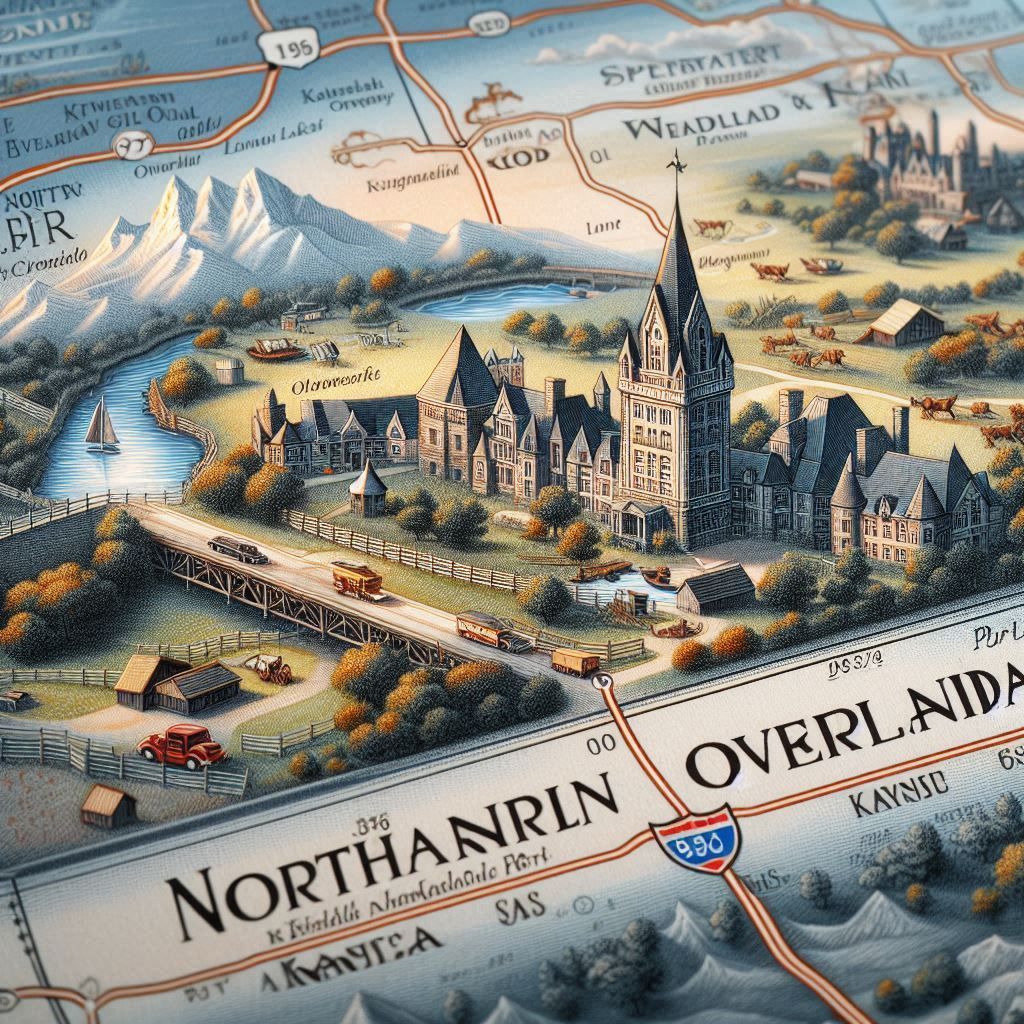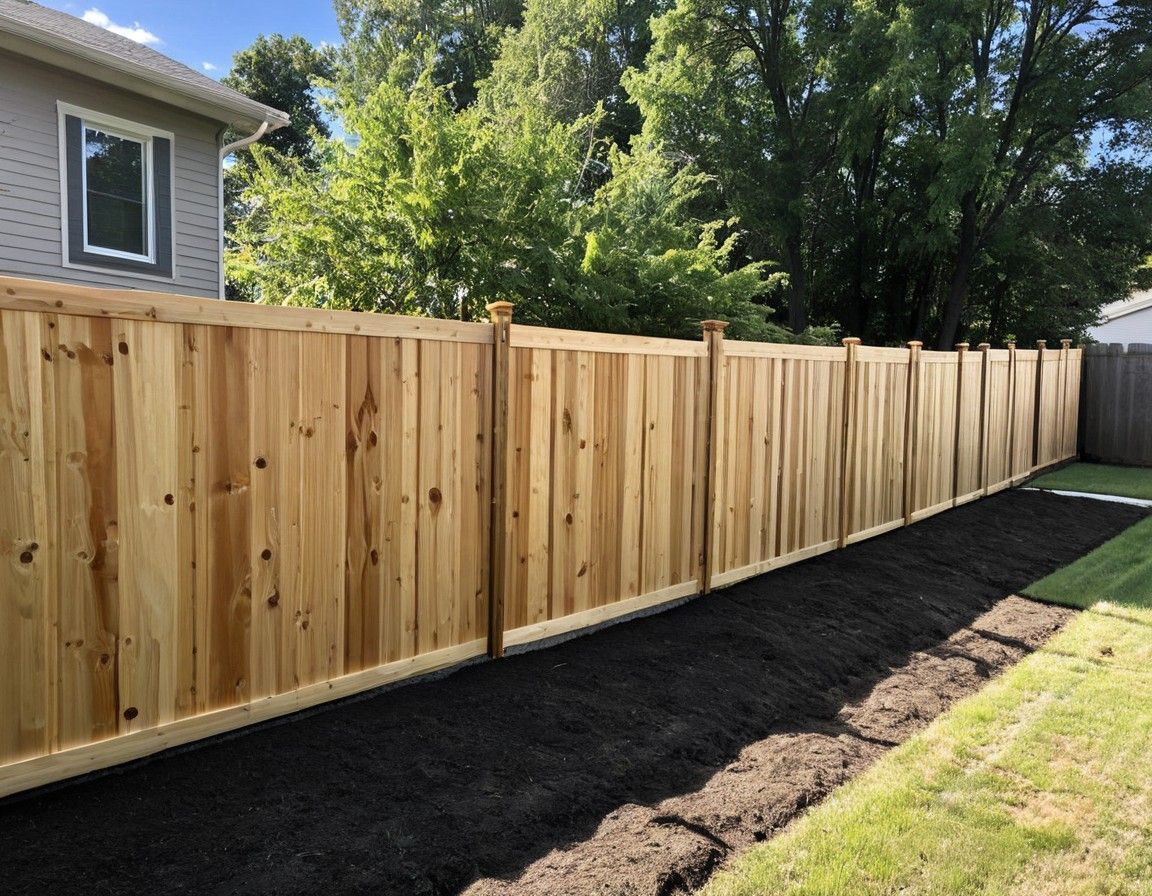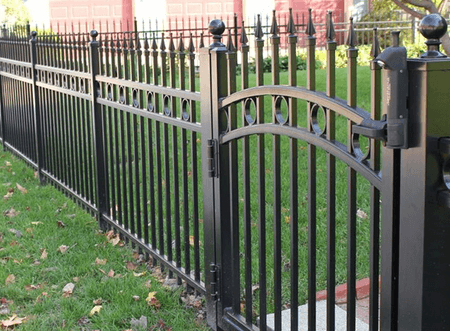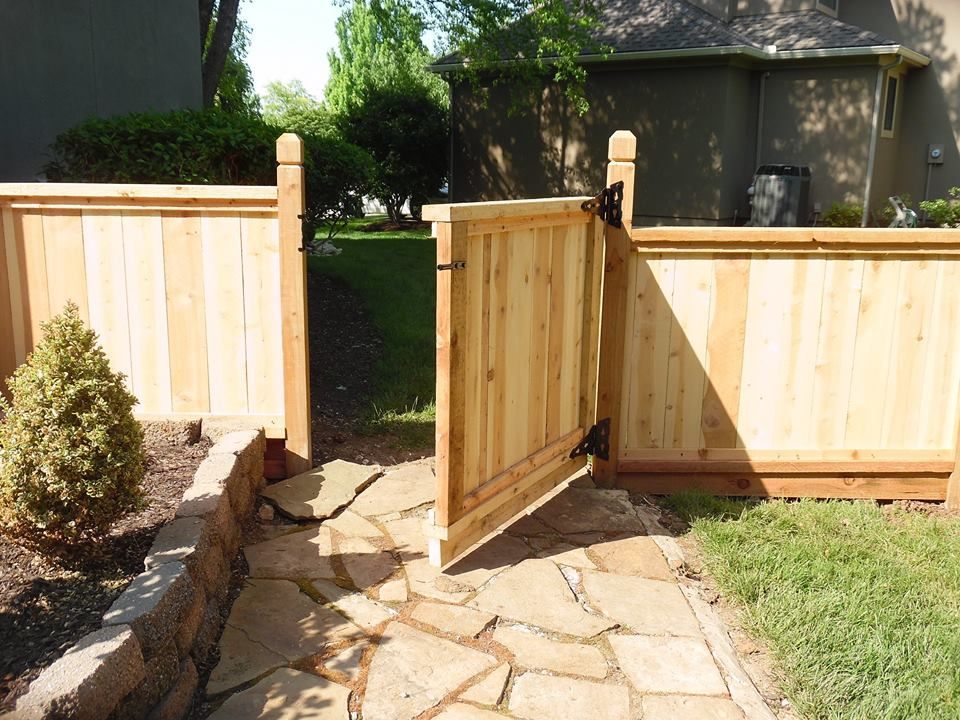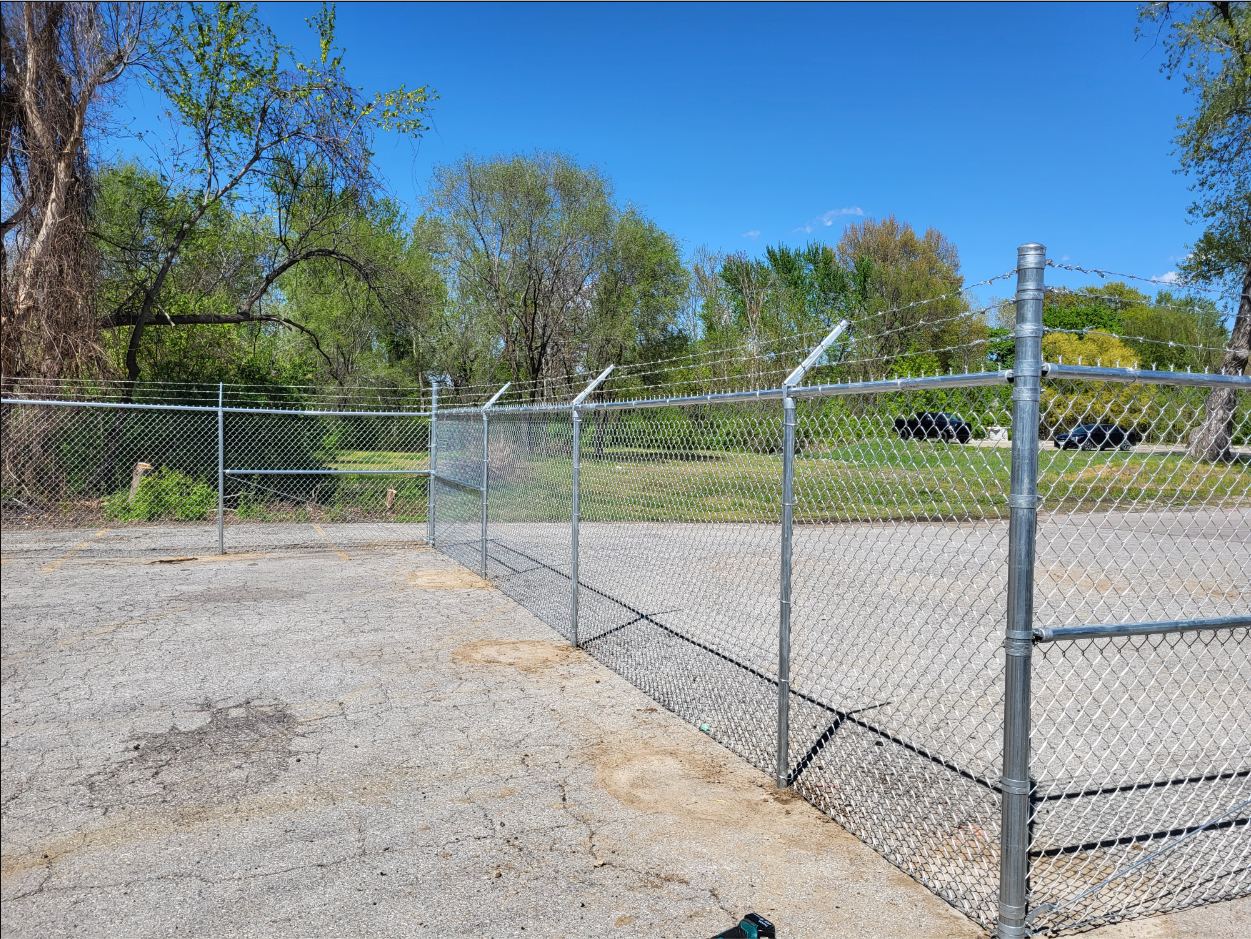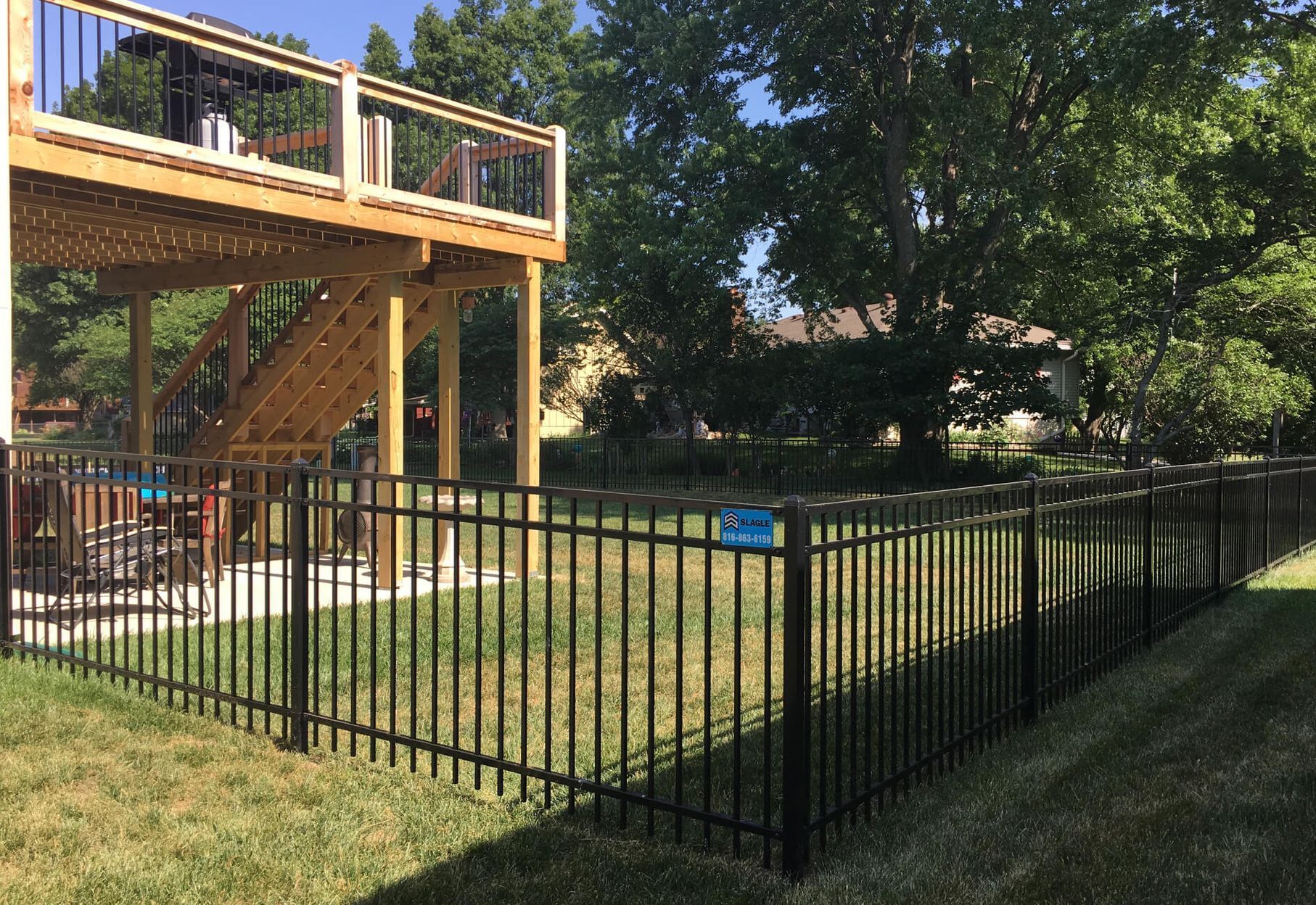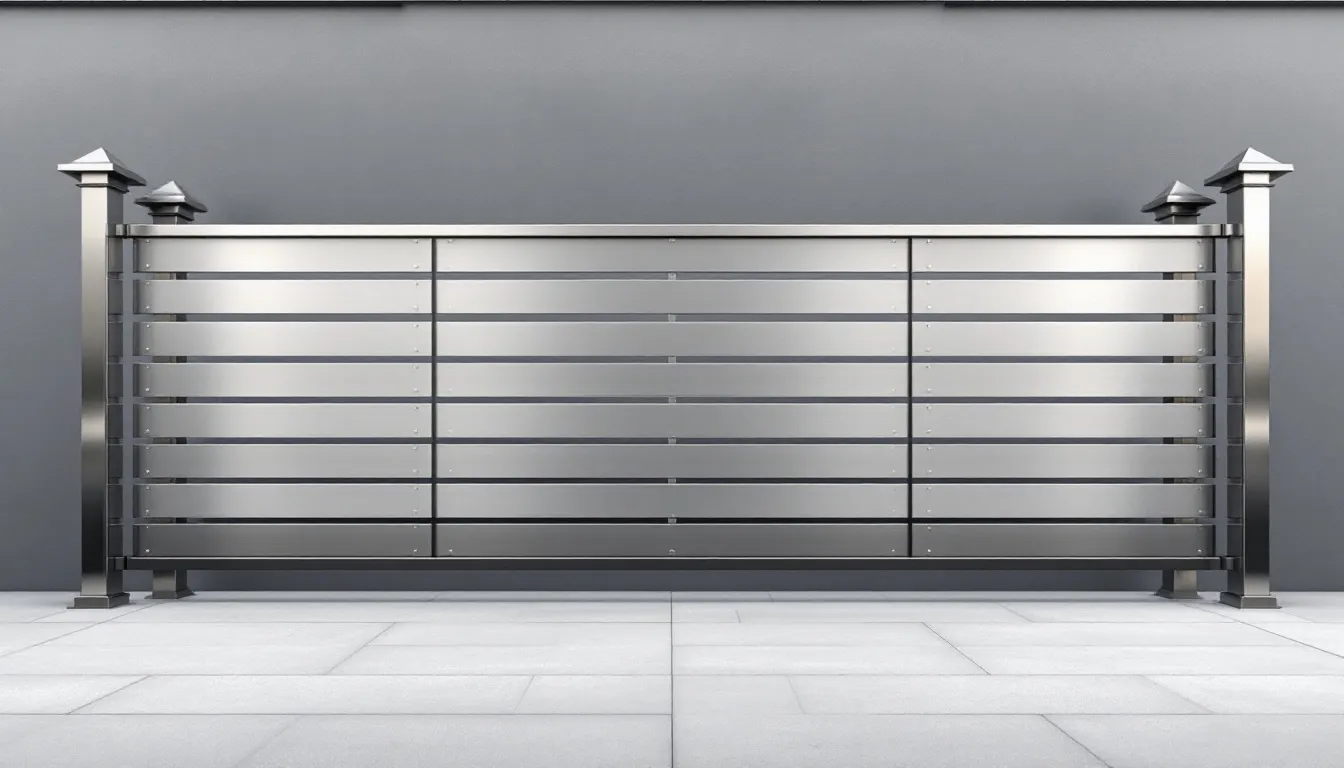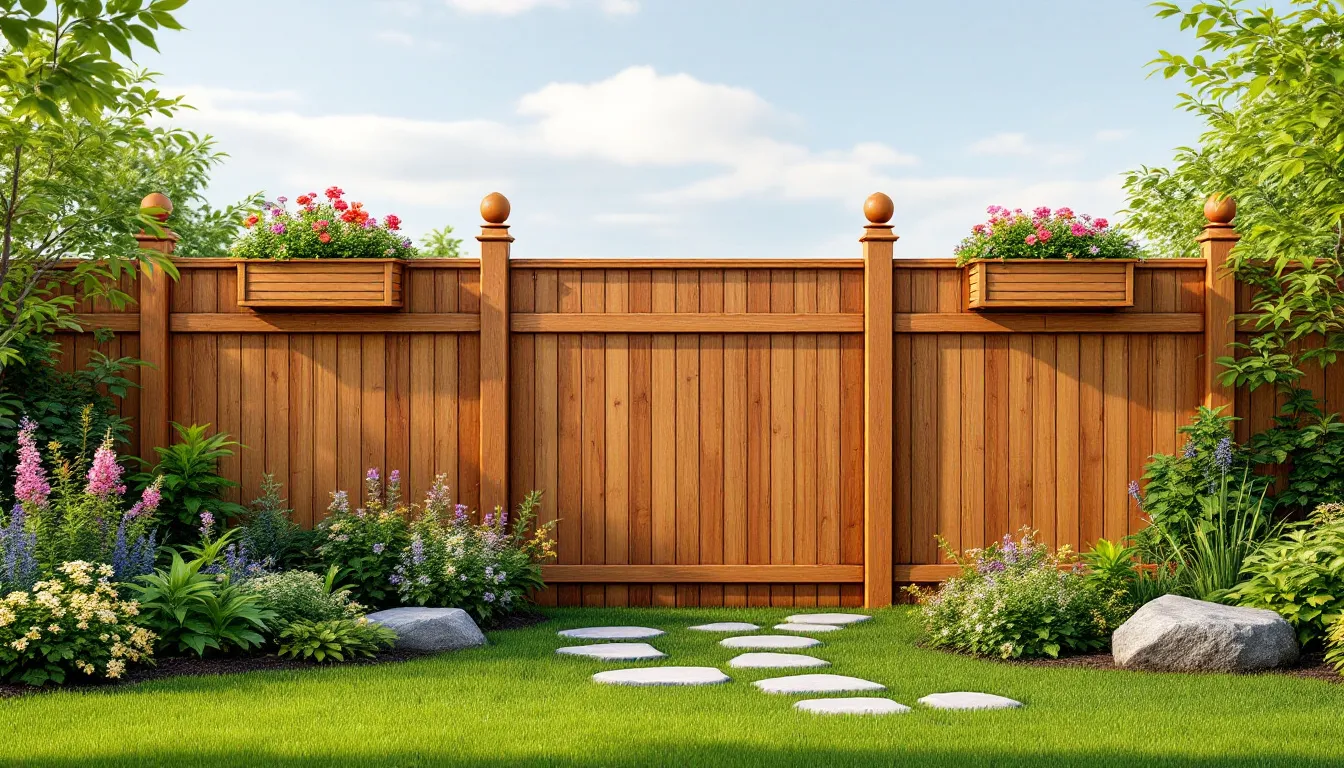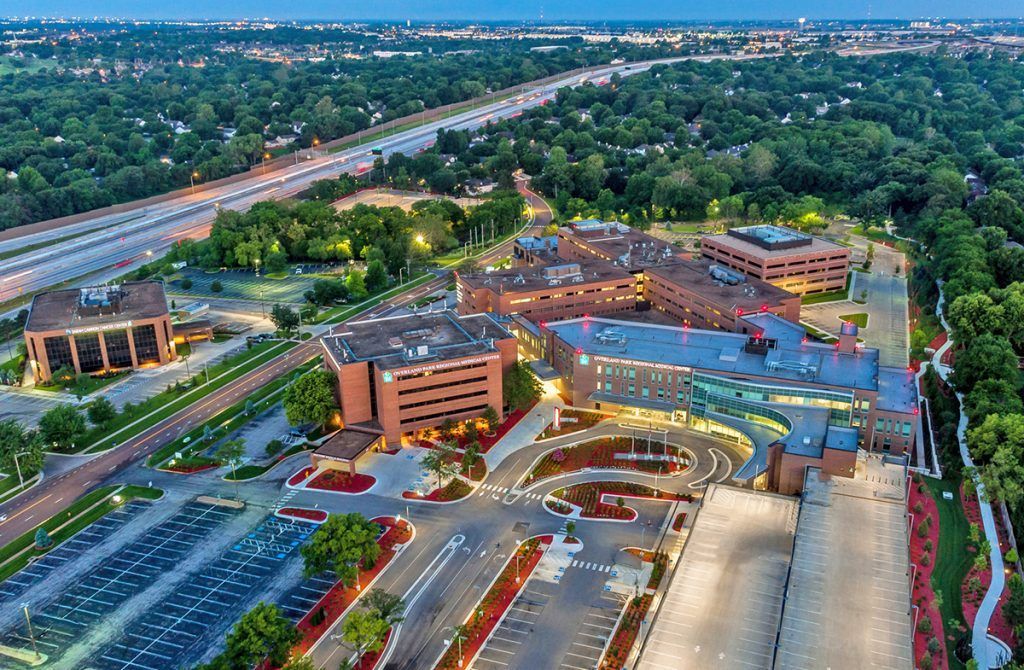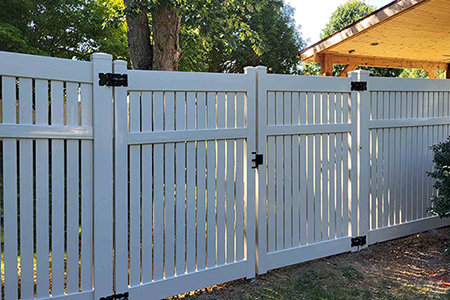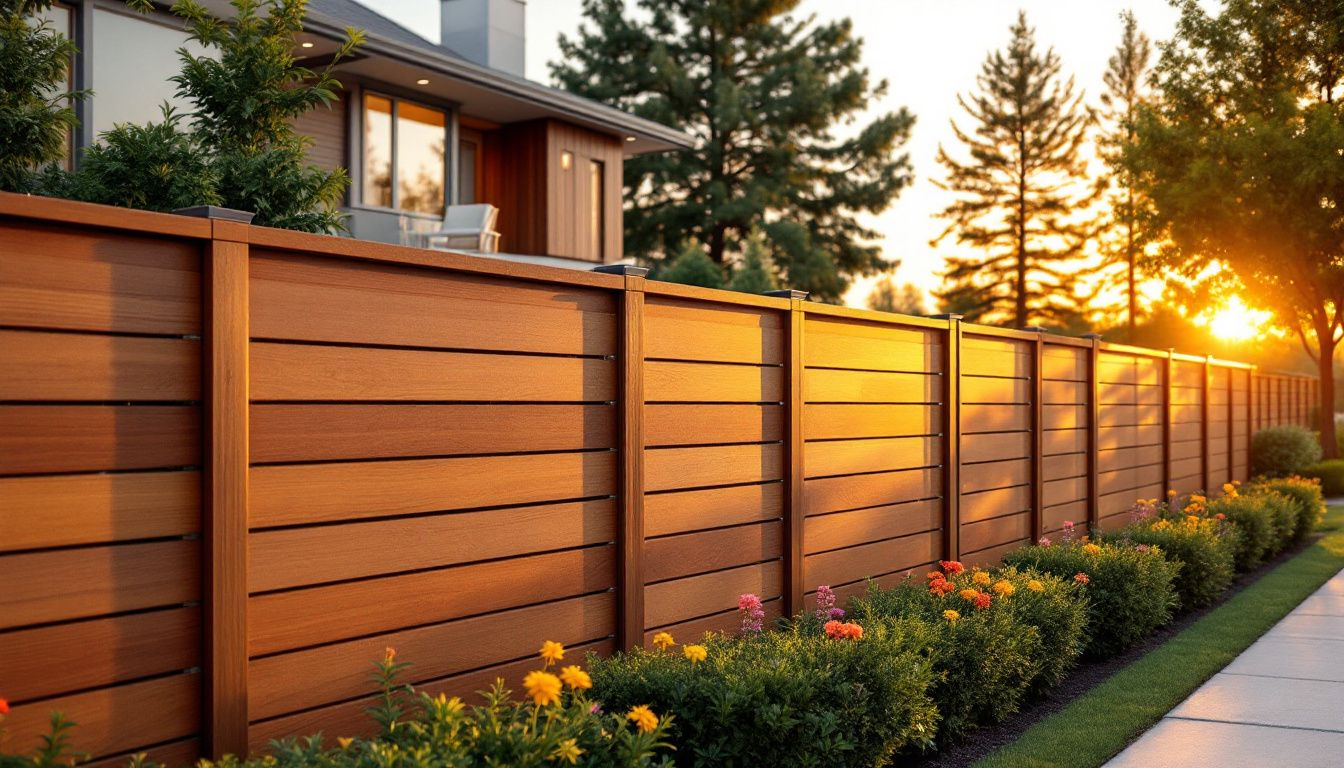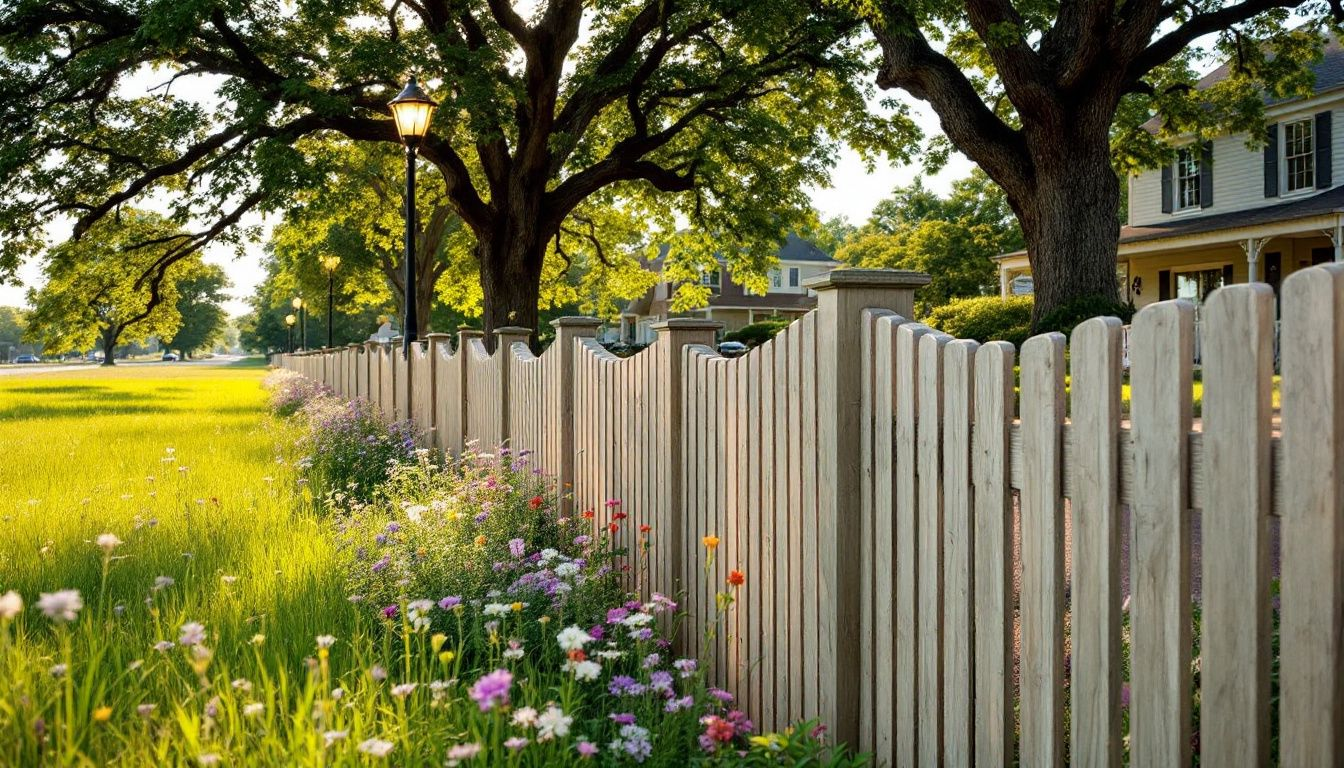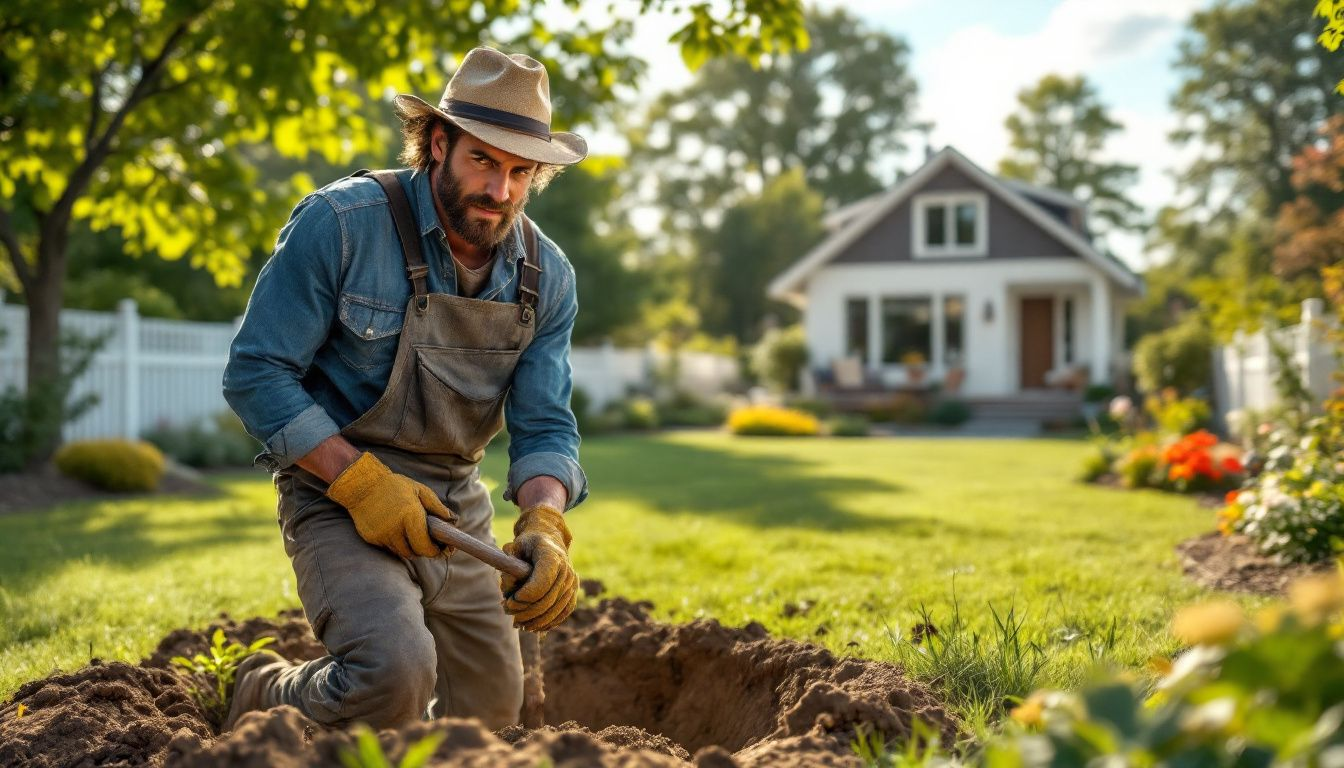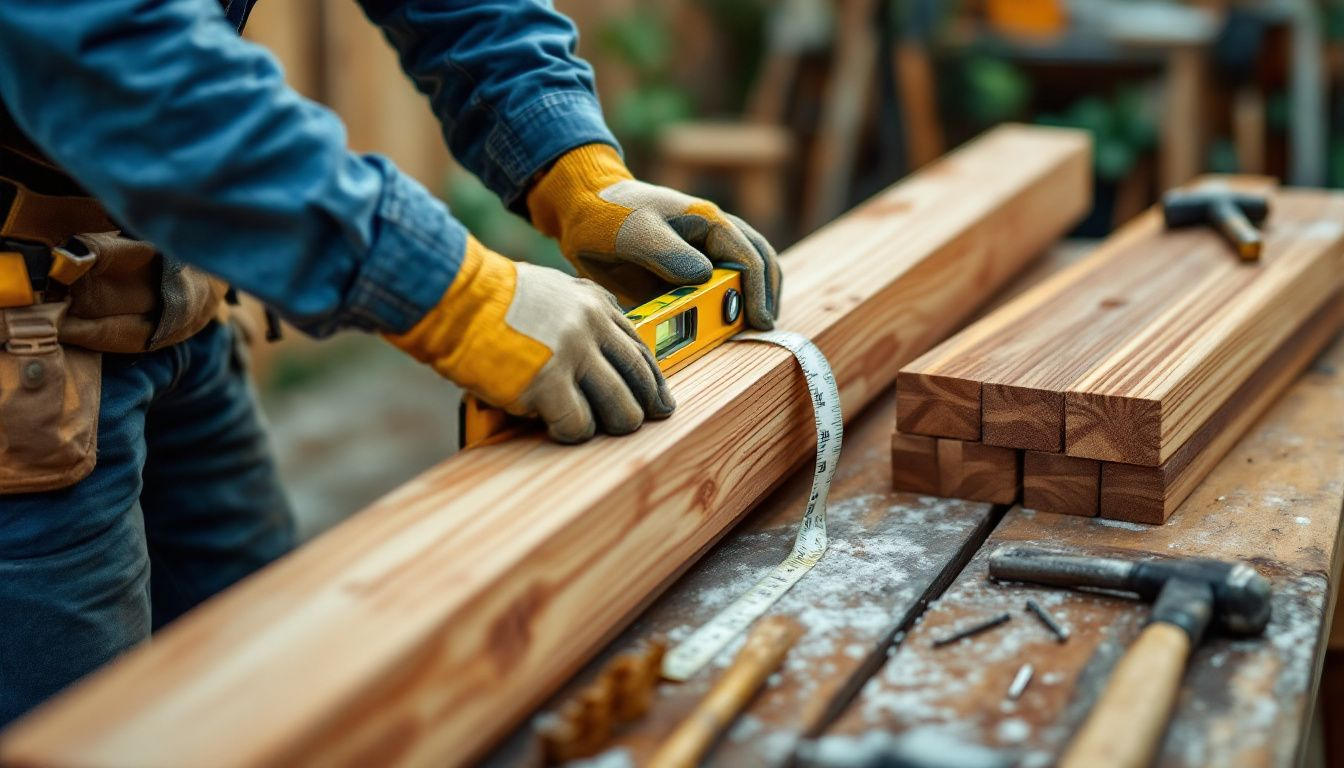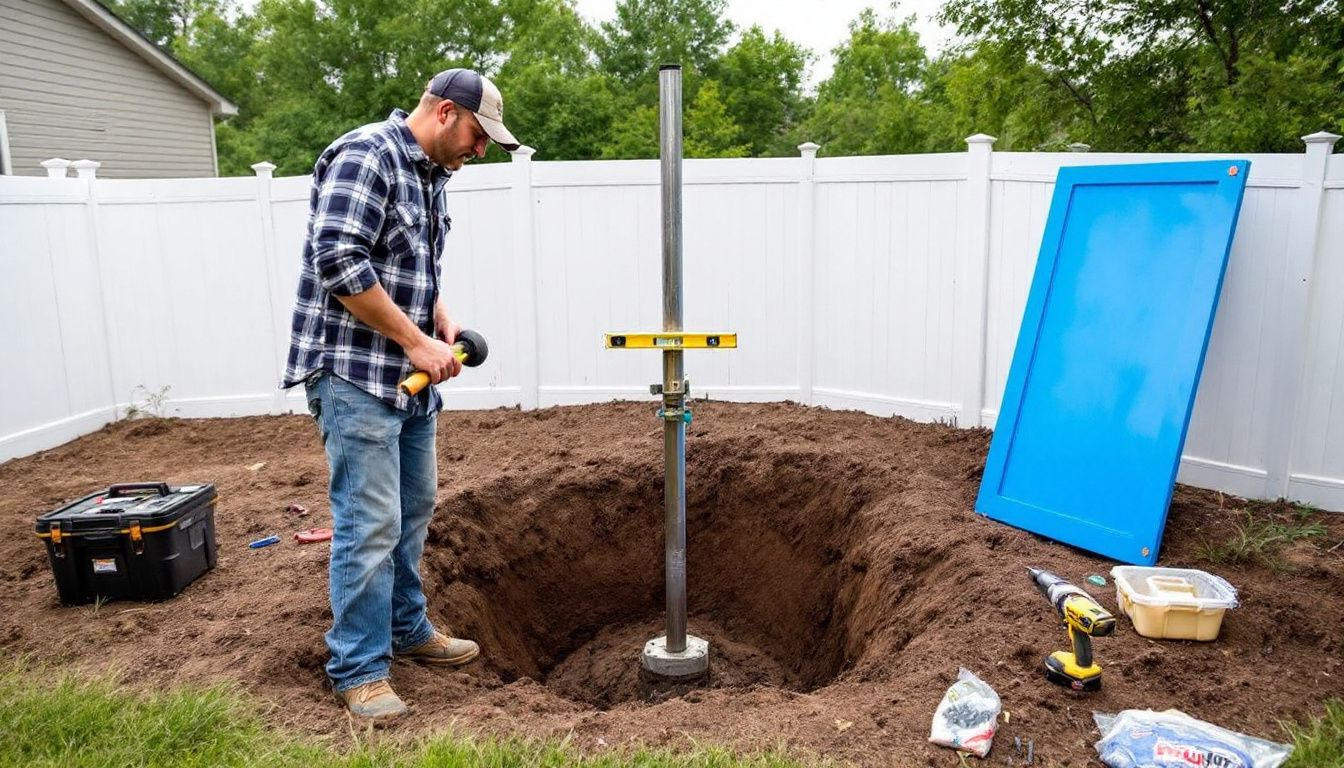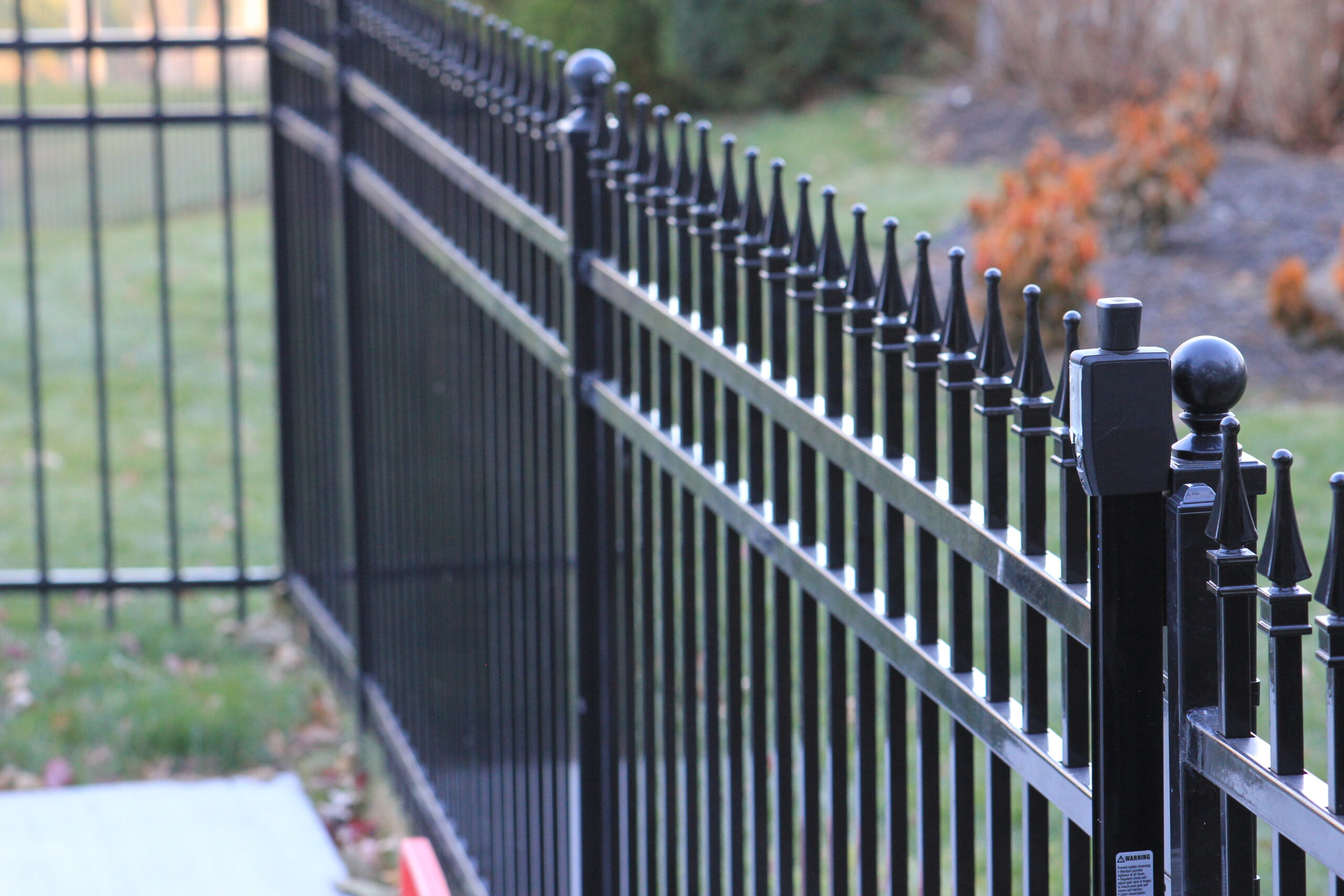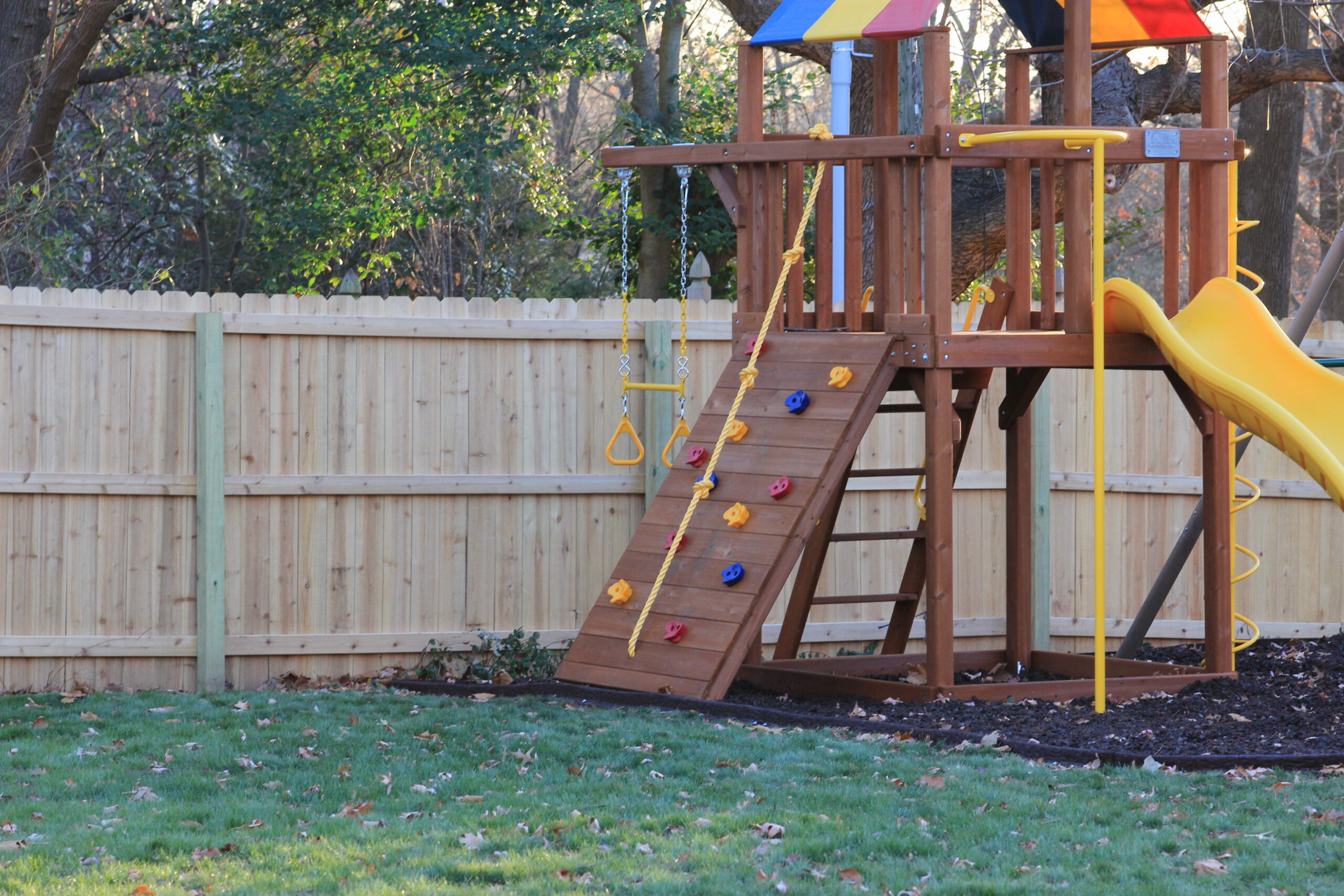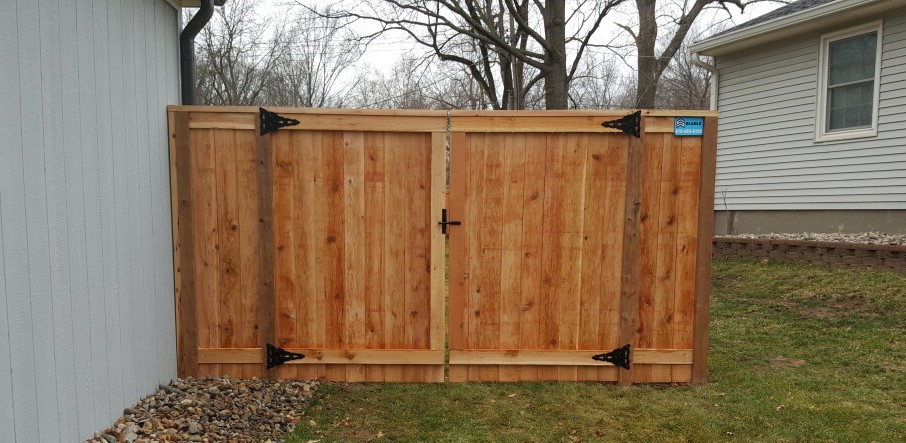Key Takeaways
- Building permits in Overland Park are essential for ensuring safety and compliance in construction projects, covering various activities like new buildings, renovations, and electrical work.
- The application process for building permits involves submitting detailed plans to the city’s building department, which reviews, approves, and monitors compliance through inspections throughout the construction.
- Special use permits are required for unique projects with potential public impact, ensuring adherence to local regulations, while building permits typically have a one-year validity with options for extensions.
Importance of Building Permits in Overland Park
Building permits are more than just bureaucratic hurdles; they ensure the safety and compliance of construction projects in Overland Park. These permits protect homeowners, builders, and the broader community by enforcing regulations and safety standards that minimize risks and hazards. Whether constructing a new building, remodeling an existing one, or undertaking significant repairs, securing the appropriate permits is crucial.
Building permits cover a wide range of activities, from new constructions and major renovations to minor repairs, ensuring all work adheres to established safety standards and local regulations. This comprehensive oversight helps prevent substandard work that could lead to structural failures, electrical hazards, or other dangerous conditions. For instance, a zoning permit is required before any construction begins to ensure the project complies with local zoning laws.
Specific permits, like electrical permits, are required for any electrical installations or modifications, ensuring all work meets the stringent safety standards defined by the National Electrical Code, thereby protecting current and future occupants.
Building permits act as critical checkpoints in the construction process, ensuring all work is performed safely and to a high standard.
Types of Building Permits Required
In Overland Park, a variety of building permits are required to ensure compliance with local construction regulations. The type of permit needed depends on the specific nature of the project.
For residential renovations, commercial constructions, or electrical upgrades, obtaining the right permit ensures all work complies with safety and building standards.
Residential Building Permit
A residential building permit is required for constructing new homes, making additions, or undertaking significant renovations, ensuring all residential construction complies with the Kansas Building Code and local amendments, safeguarding residents’ health and safety. For homeowners, this means that any major home improvement projects, such as adding a new room or remodeling a kitchen, will require a residential building permit.
The process of obtaining a residential building permit involves submitting detailed plans for the proposed work. These plans must demonstrate compliance with all relevant codes and standards.
Inspections are required at various stages of construction to ensure ongoing compliance. A final inspection is conducted before occupancy is permitted, ensuring the home is safe for residents.
Commercial Building Permit
Commercial building permits are needed for constructing new commercial structures and for significant expansions or alterations to existing ones, ensuring all commercial construction projects meet the necessary safety and building standards, protecting both the business and its patrons. For business owners, substantial changes to a commercial property, like building an addition or remodeling the interior, will require a commercial building permit.
The application process for a commercial building permit is more complex than for residential permits. It requires a complete set of construction plans that detail the scope of the project and demonstrate compliance with all relevant codes and standards. These plans are thoroughly reviewed by the city’s building department, and multiple inspections are conducted throughout the construction process to ensure compliance.
Electrical Permit
Electrical permits are necessary for all electrical tasks, including installations, upgrades, and repairs, ensuring all electrical work complies with the National Electrical Code (NEC) and local regulations, safeguarding the property and its occupants from potential hazards. Installing new wiring in a home or upgrading the electrical system in a commercial building both require obtaining an electrical permit.
To obtain an electrical permit, detailed plans of the proposed electrical work must be submitted for review. These plans are evaluated to ensure they meet all applicable safety standards.
Inspections are also conducted at various stages of the project to verify compliance with the NEC and local regulations. A final inspection is required upon completion of the electrical work to ensure everything is in order before the permit is closed.
Application Process for Building Permits
Applying for a building permit in Overland Park involves several steps. Hiring professionals familiar with the local permitting process can significantly streamline it. The first step is to gather all necessary documents, including detailed construction plans and any other required forms. These documents must be submitted to the city’s building department for review.
Once the application is submitted, the review process begins. The building department will check the submitted plans to ensure they comply with all applicable codes and regulations. If the plans meet the necessary requirements, the permit will be approved, and construction can begin.
Throughout the project, various inspections will be conducted to ensure ongoing compliance. Following the guidelines and preparing all documentation thoroughly helps avoid delays and ensures a smooth permitting process.
Permit Fees and Payment Methods
In Overland Park, building permits come with specific fees that vary depending on the type of permit. These fees are structured to align with the services provided by the city, ensuring that the costs cover the necessary inspections and administrative processes. For example, the fee for a residential building permit may differ from that of a commercial building permit, reflecting the different levels of review and inspection required.
Permit payments can be made via credit card, check, or ACH transfer, providing flexibility for applicants. Paying the required permit fee promptly helps avoid delays in the permitting process. Once the fees are paid, the application can move forward, and the necessary inspections can be scheduled.
Common Challenges in Obtaining Permits
Obtaining a building permit can be a complex process, and applicants often face several challenges. One common issue is incomplete applications, which can lead to significant delays. Completing and accurately compiling all required documentation before submitting the application can help avoid delays. It’s also important to follow the guidelines provided by the building department and prepare all necessary forms and plans thoroughly.
Navigating the complexities of the permit application process is another challenge. Clear and consistent communication with the building department can expedite the process and address any issues. Applicants should respond promptly to any requests for additional information to keep the process moving forward. Staying organized and proactive helps manage many common challenges effectively.
Recent Projects and Developments
Overland Park has seen a surge in construction projects, reflecting the city’s growth and commitment to enhancing community amenities. Notable projects include new housing developments, shopping areas, and parks, which aim to improve the quality of life for residents. These projects are supported by a variety of building permits, including residential and commercial permits, which ensure that all construction meets the necessary standards.
Significant upgrades to existing structures, facilitated by electrical permits, complement residential and commercial developments. These projects modernize the city’s structure and boost the local economy by creating jobs and attracting new businesses.
The recent developments in Overland Park are a testament to the city’s growth and its commitment to providing high-quality amenities for its residents.
Special Use Permits
Special use permits are required for unique projects that may disrupt public areas or have specific regulatory requirements. For example, a land disturbance certification is necessary for projects that significantly disrupt the land. These permits ensure all work complies with local regulations and minimizes any potential negative impact on the community.
The application process for special use permits involves a thorough review by JCPRD staff and, in some cases, the JCPRD Board for further review. This ensures that all projects are carefully evaluated and meet the necessary standards.
For projects involving alcoholic beverages or the installation of large signs, a special use permit ensures compliance and protects the community.
Permit Validity and Renewal
Building permits in Overland Park typically have a validity period of one year from the date of issuance, with possible extensions. If additional time is needed, extensions are often granted for 180 days upon written request with justifiable cause. This flexibility allows for unforeseen delays and ensures that projects can be completed without unnecessary interruptions.
If a permit expires, the applicant may need to submit a new application and pay the associated fees to continue the project. Permits can also be reinstated after expiration, allowing additional time to complete the work, often at a reduced fee.
It’s important to keep track of permit expiration dates and request extensions in a timely manner to avoid any disruptions to the project.
Summary
Understanding the building permit process in Overland Park is crucial for anyone involved in construction or renovation projects. From the importance of permits in ensuring safety and compliance to the different types of permits required and the application process, being informed can save time and prevent costly mistakes. The recent developments in Overland Park highlight the city’s growth and the critical role that permits play in maintaining high standards of construction and community amenities.
By familiarizing yourself with the permit requirements and processes, you can navigate the complexities of construction projects more effectively. Whether you’re a homeowner, business owner, or contractor, understanding the permit process will help ensure that your projects are completed safely, efficiently, and in compliance with all regulations.
Frequently Asked Questions
Why are building permits important in Overland Park?
Building permits are crucial in Overland Park as they ensure compliance with regulations and safety standards, ultimately protecting homeowners, builders, and the community.
What types of projects require a residential building permit?
A residential building permit is necessary for constructing new homes, making additions, or undertaking significant renovations. Ensuring you have the appropriate permit is crucial for compliance with local regulations.
What is needed to apply for a commercial building permit?
To apply for a commercial building permit, a complete set of construction plans is required. Ensuring all plans are thorough and accurate is crucial for a successful application.
How long are building permits valid in Overland Park?
Building permits in Overland Park are valid for one year from the date of issuance, with an option for a 180-day extension upon written request.
What payment methods are available for permit fees?
Permit fees can be paid using credit card, check, or ACH transfer. Choose the method that best suits your preferences and ensure timely processing of your payment.


